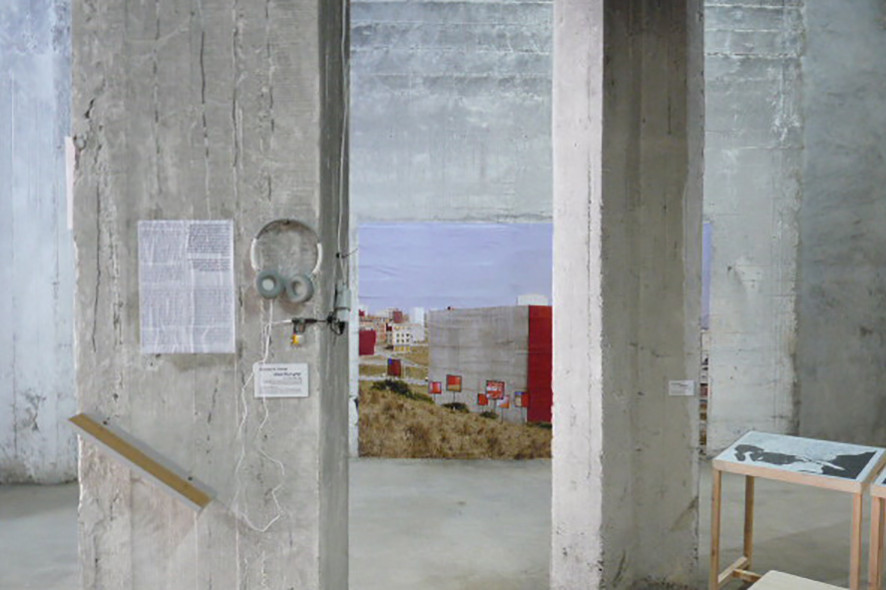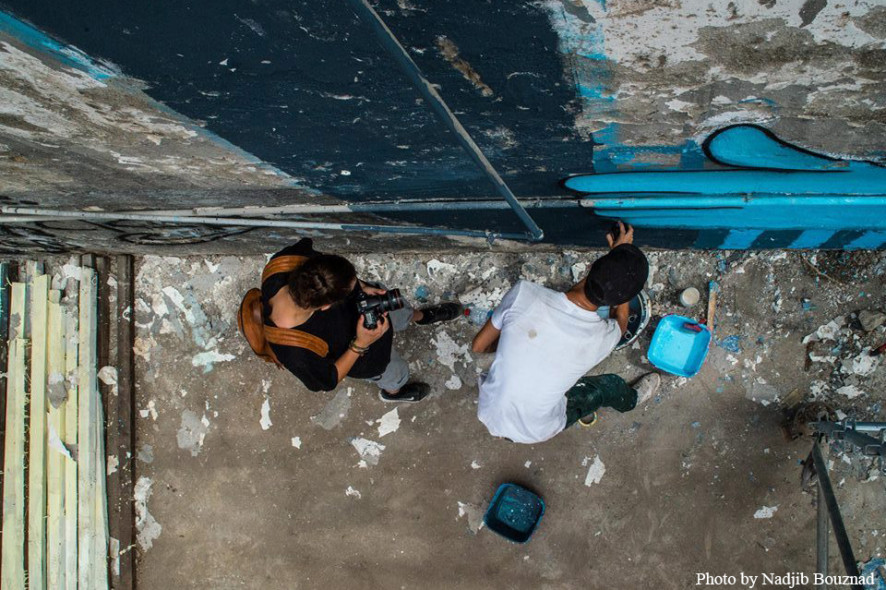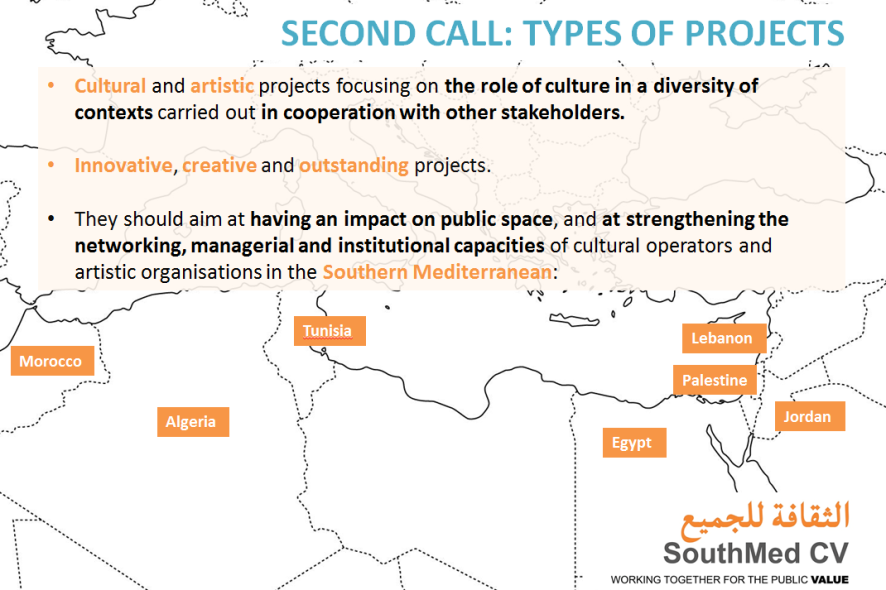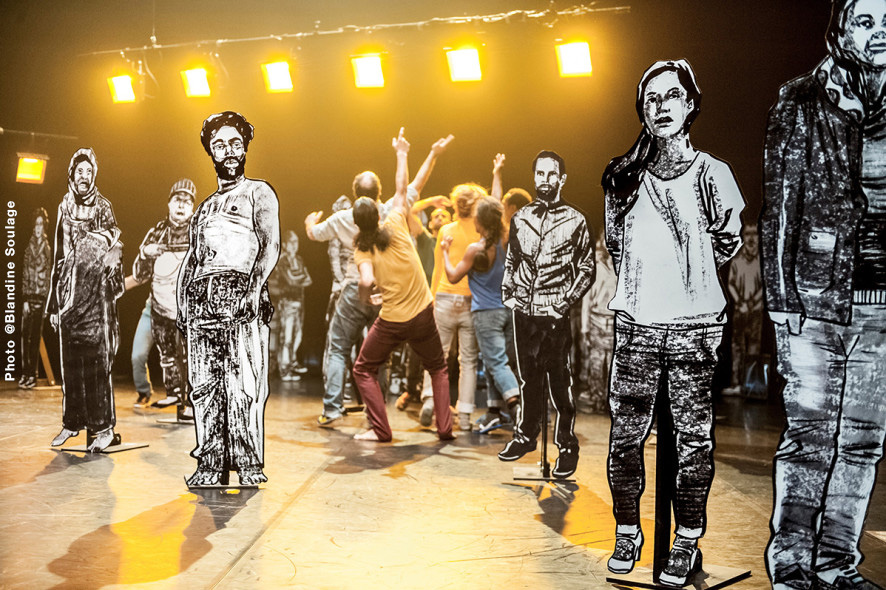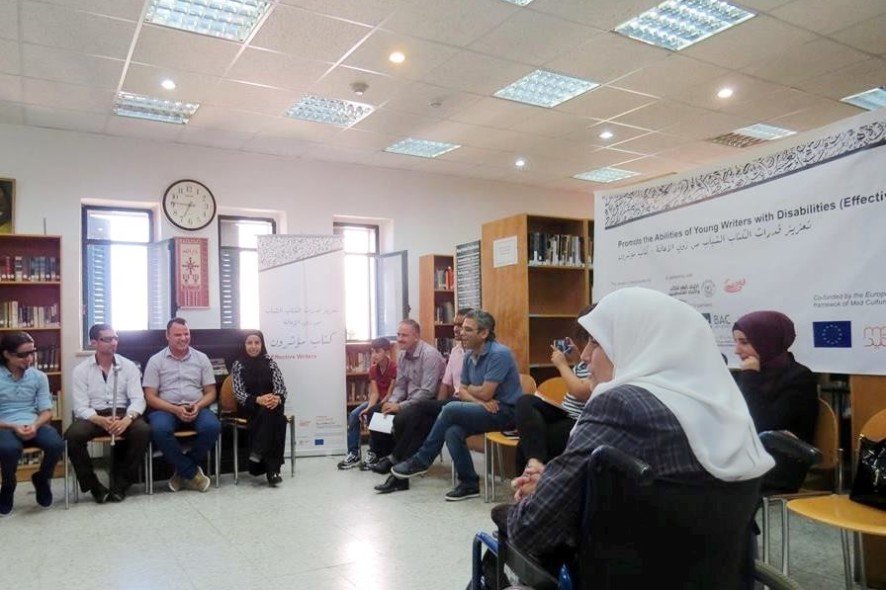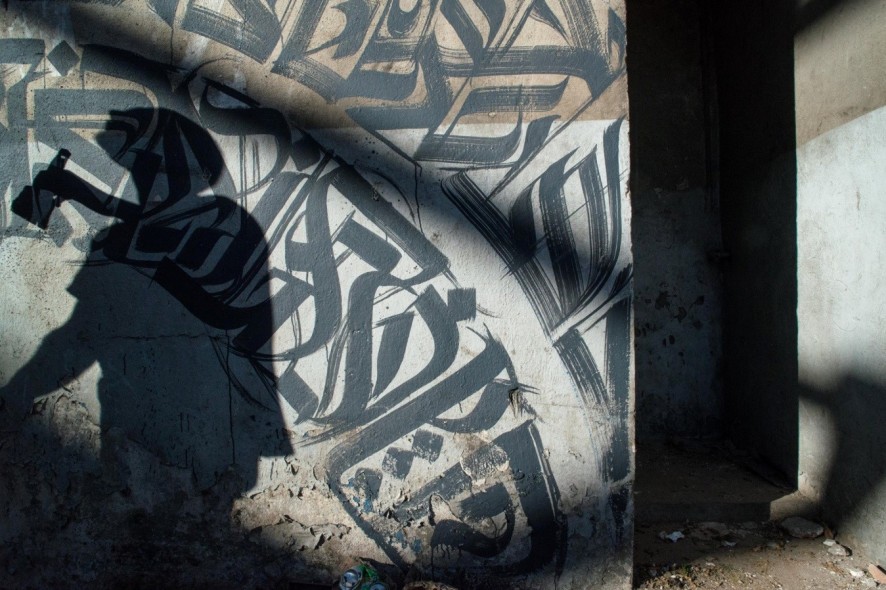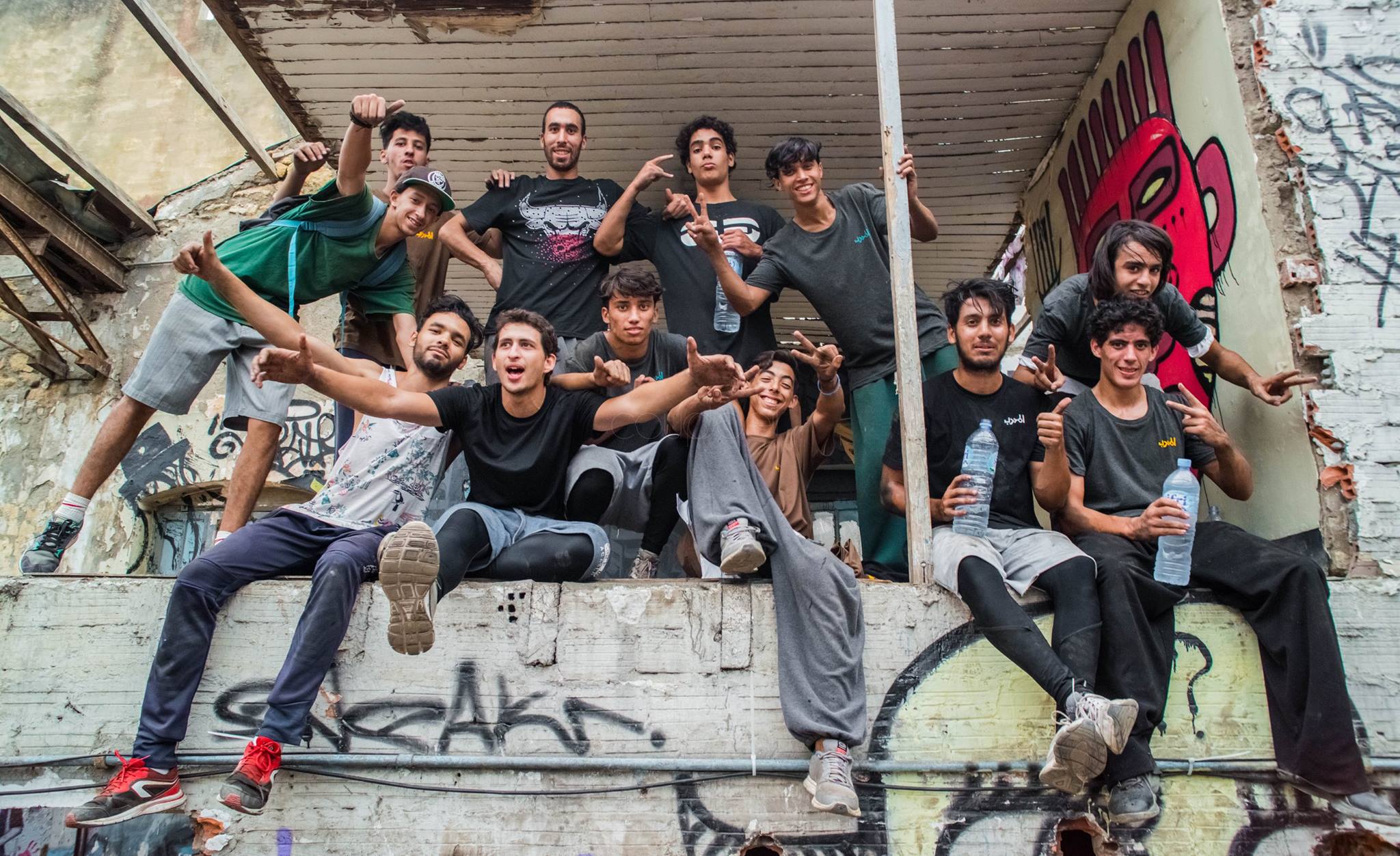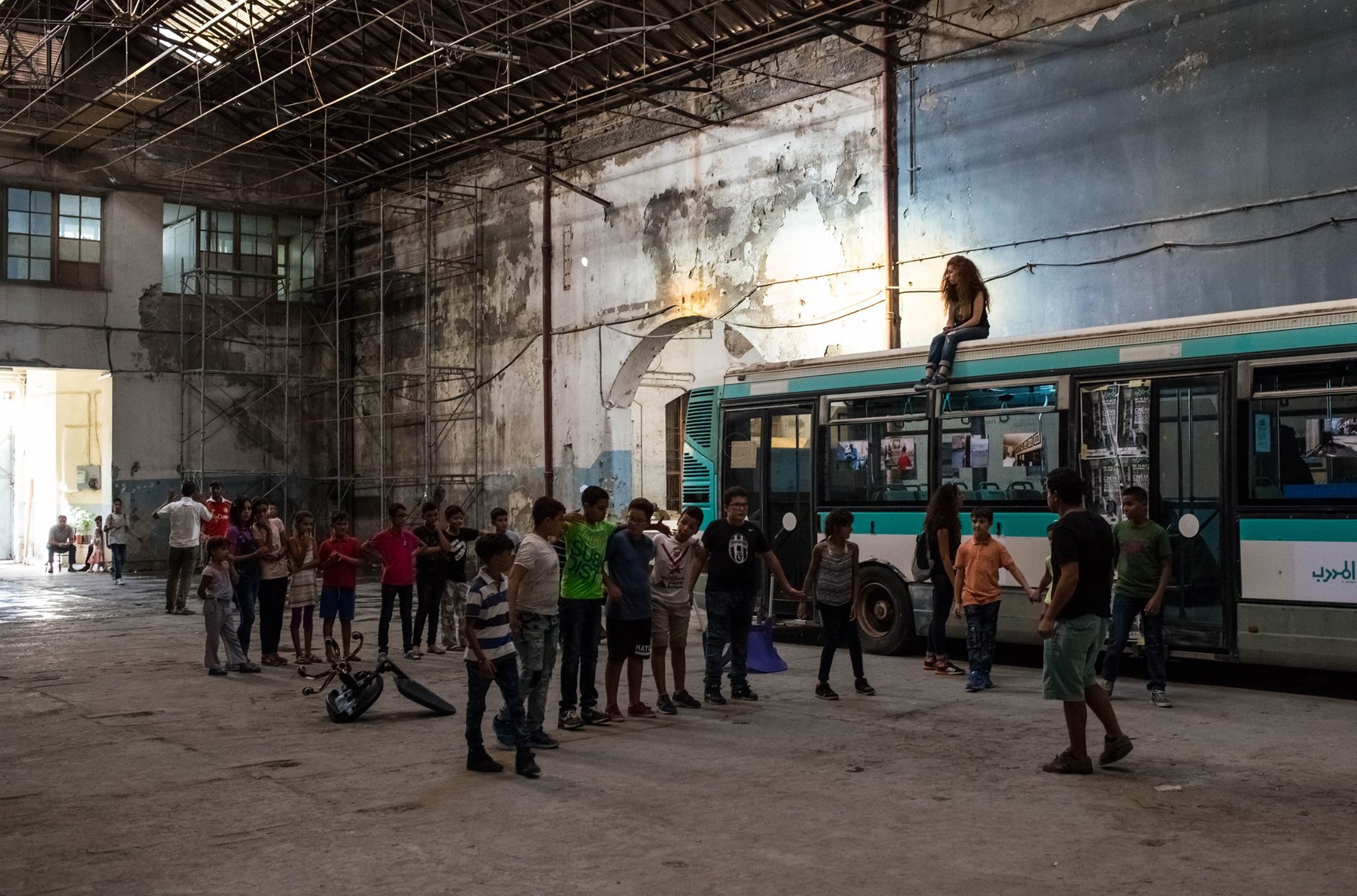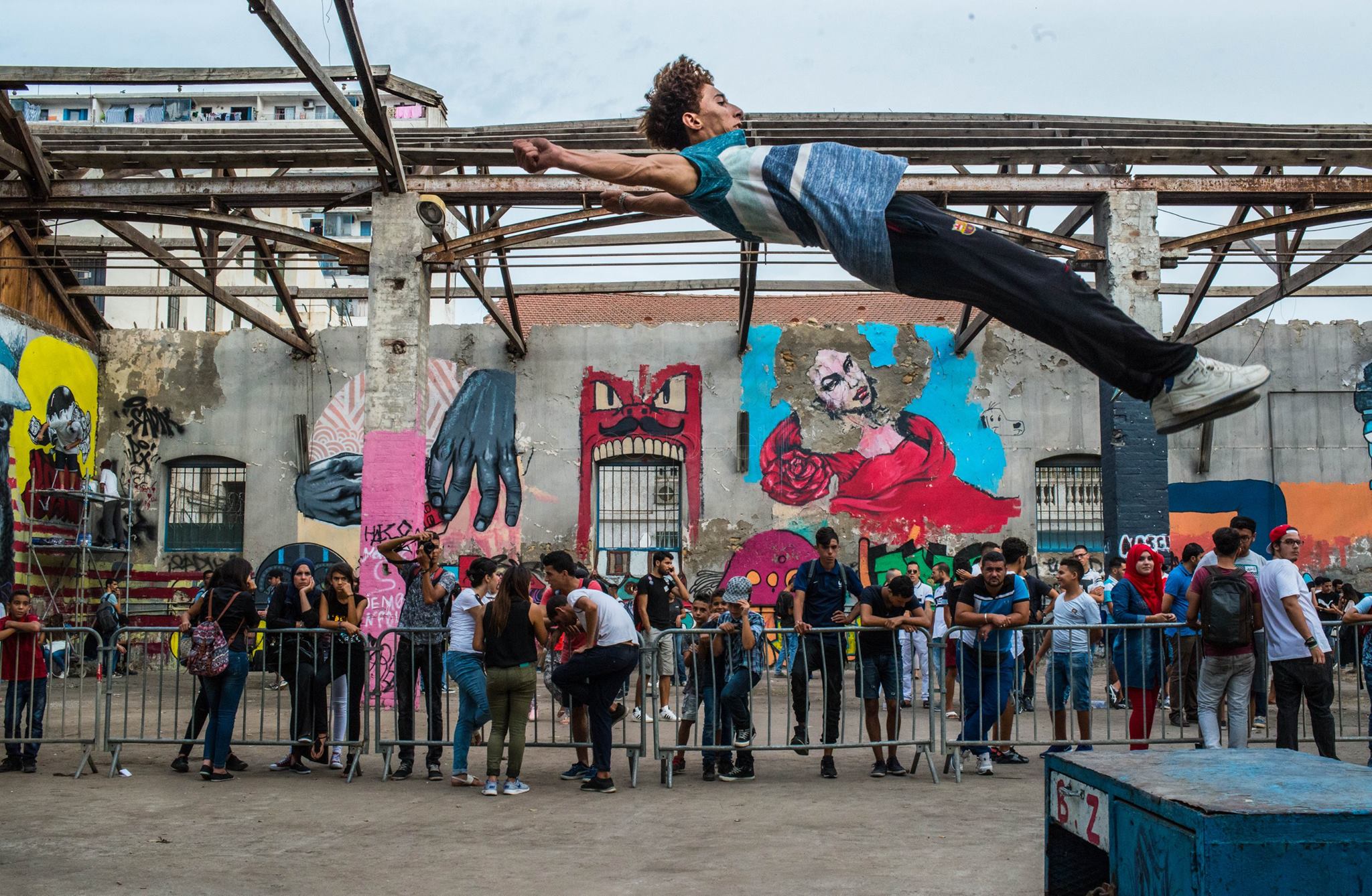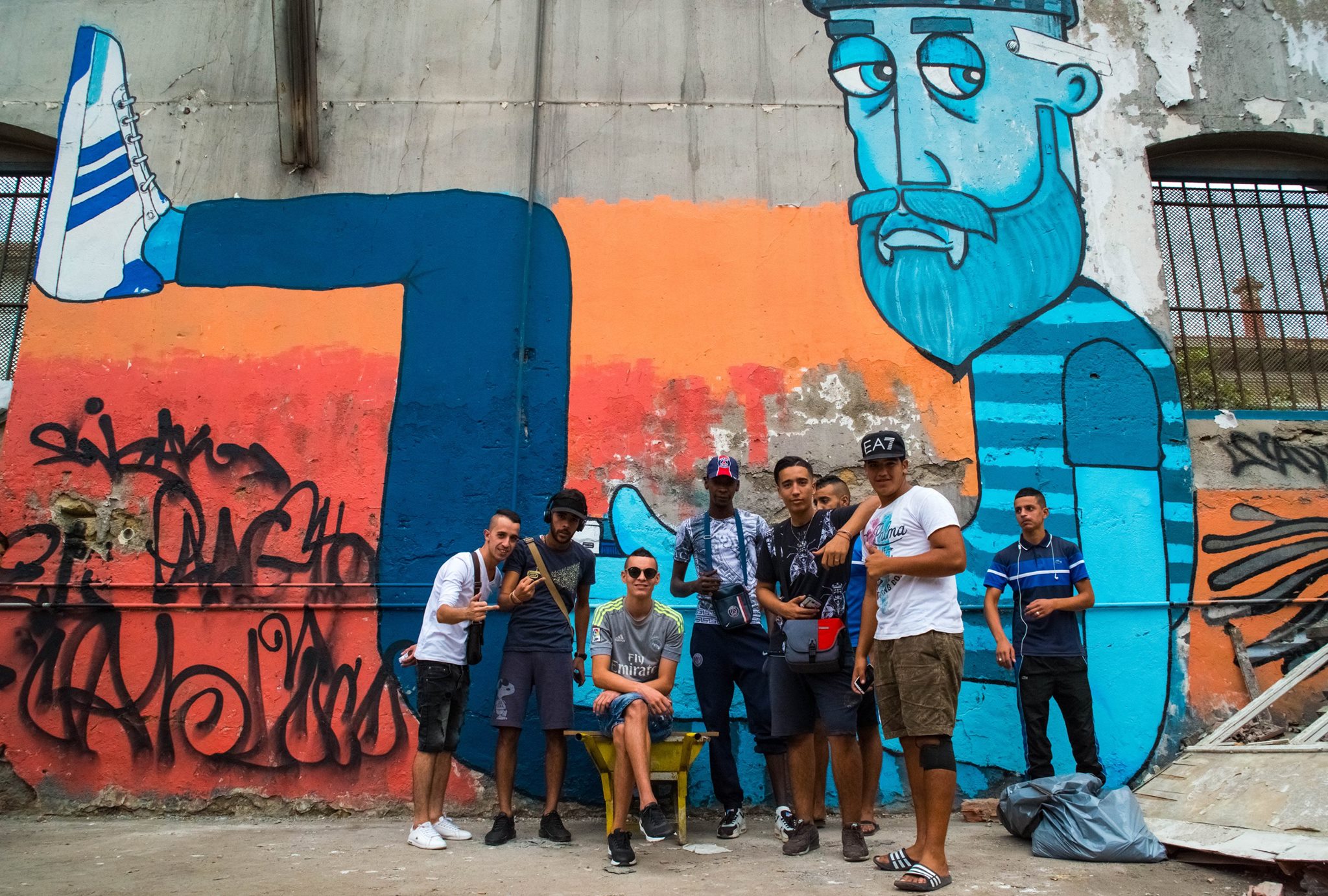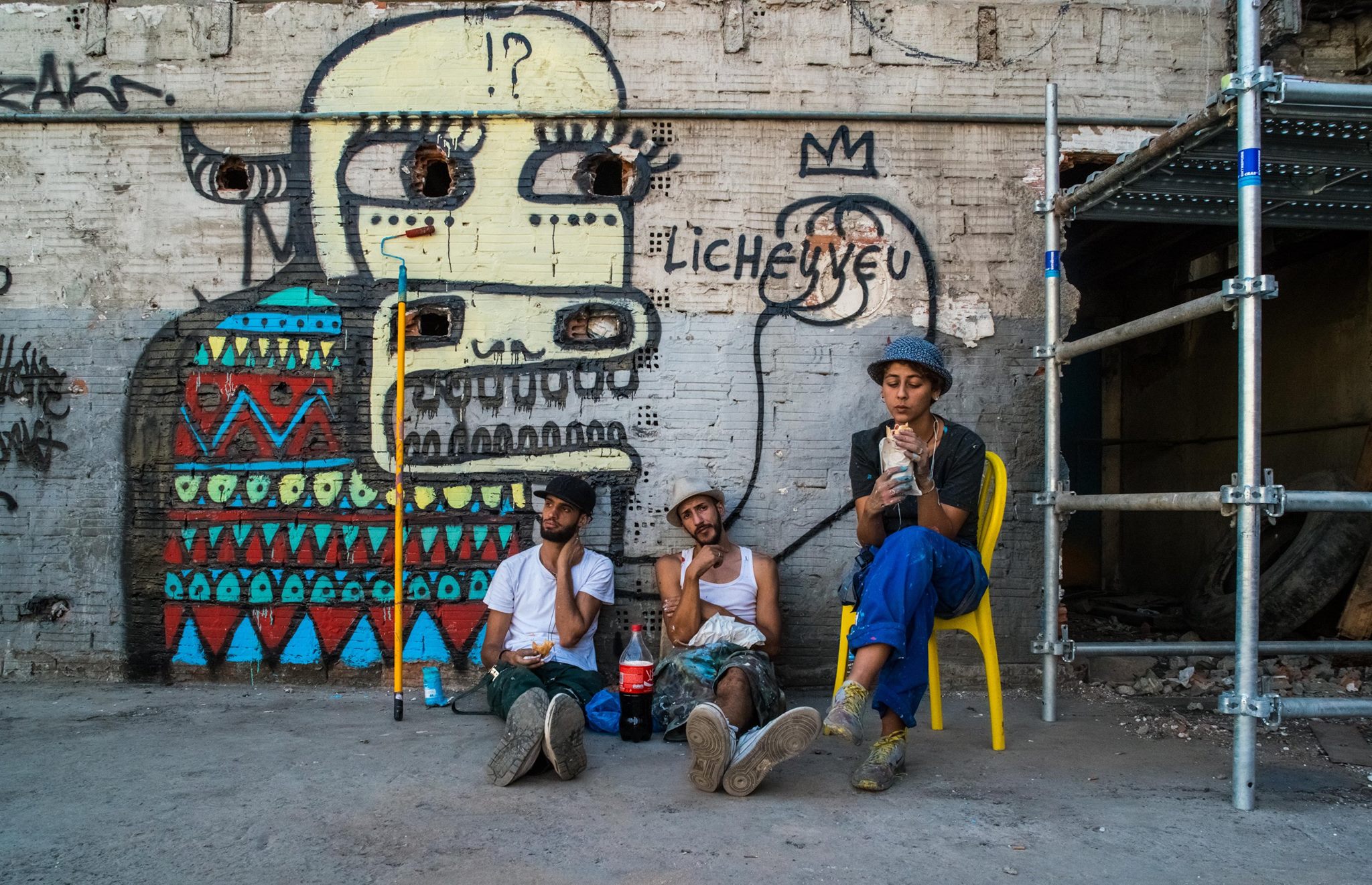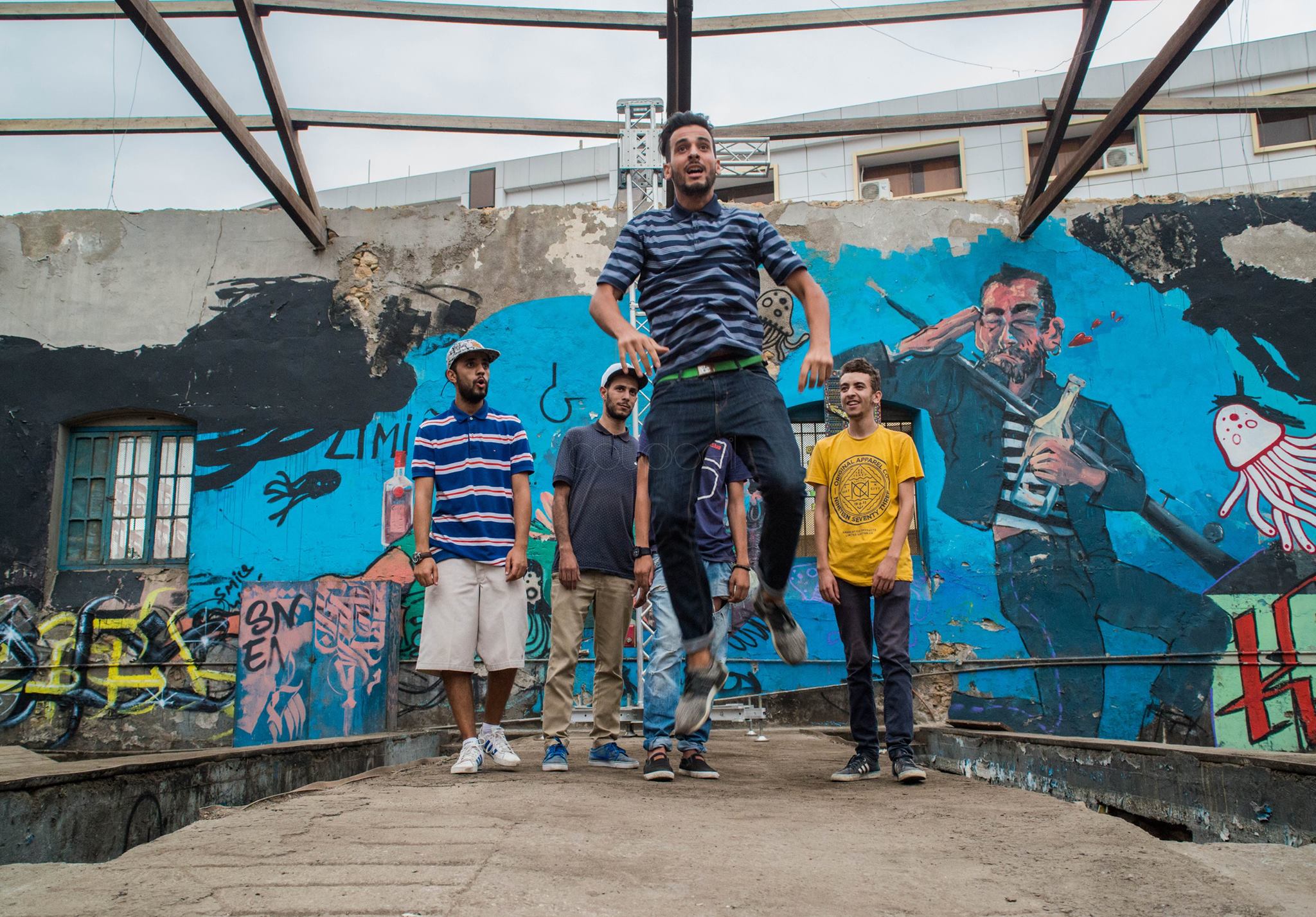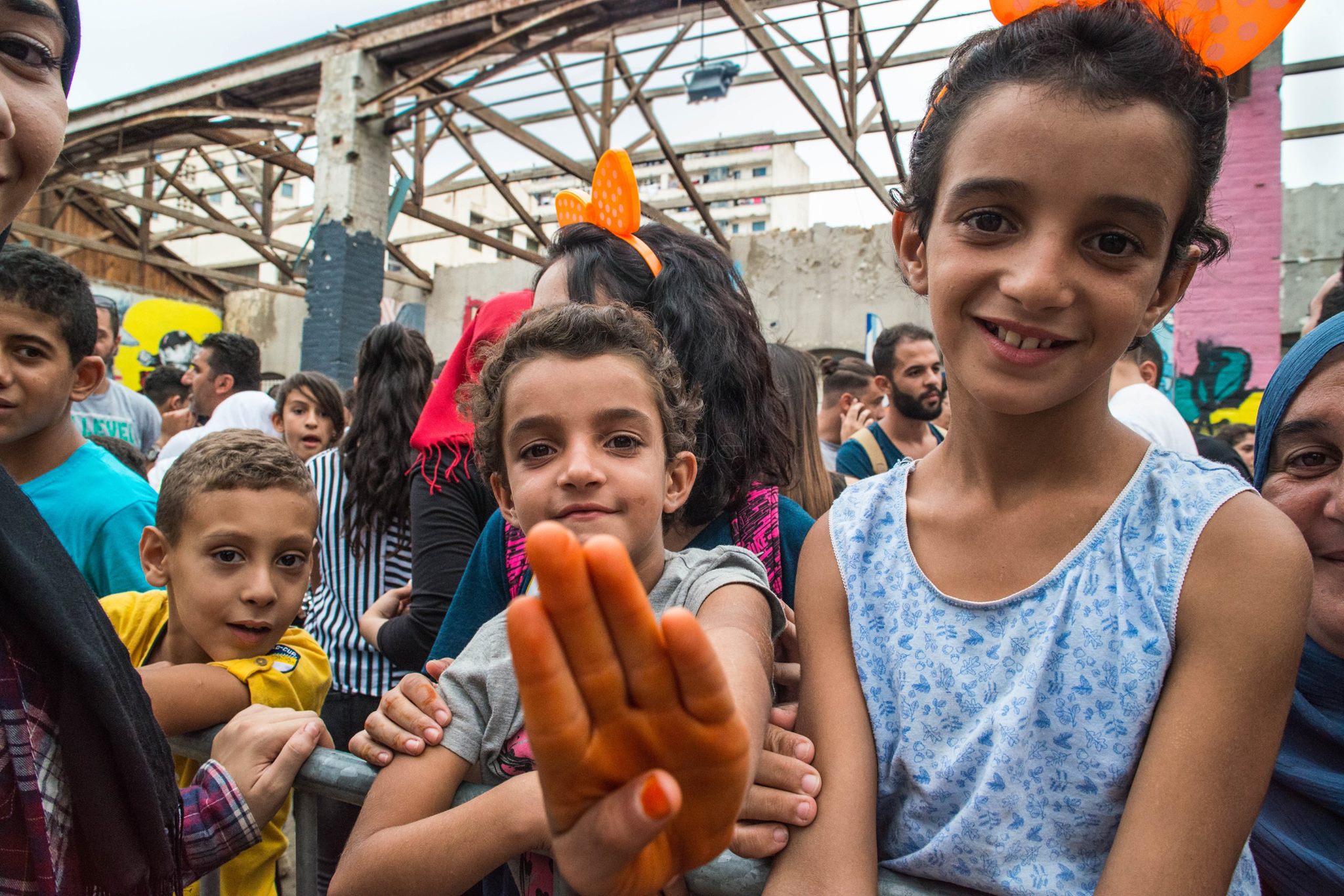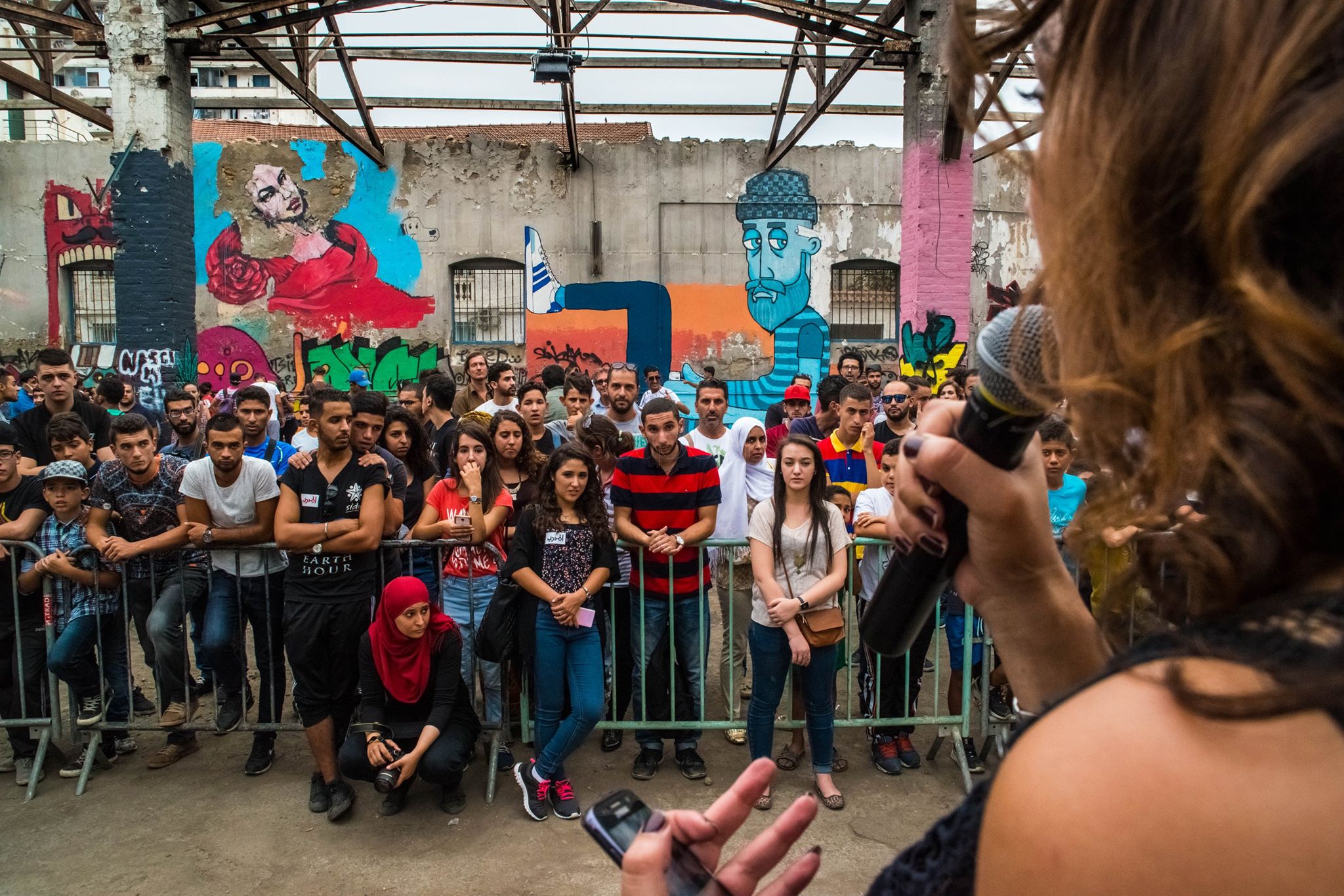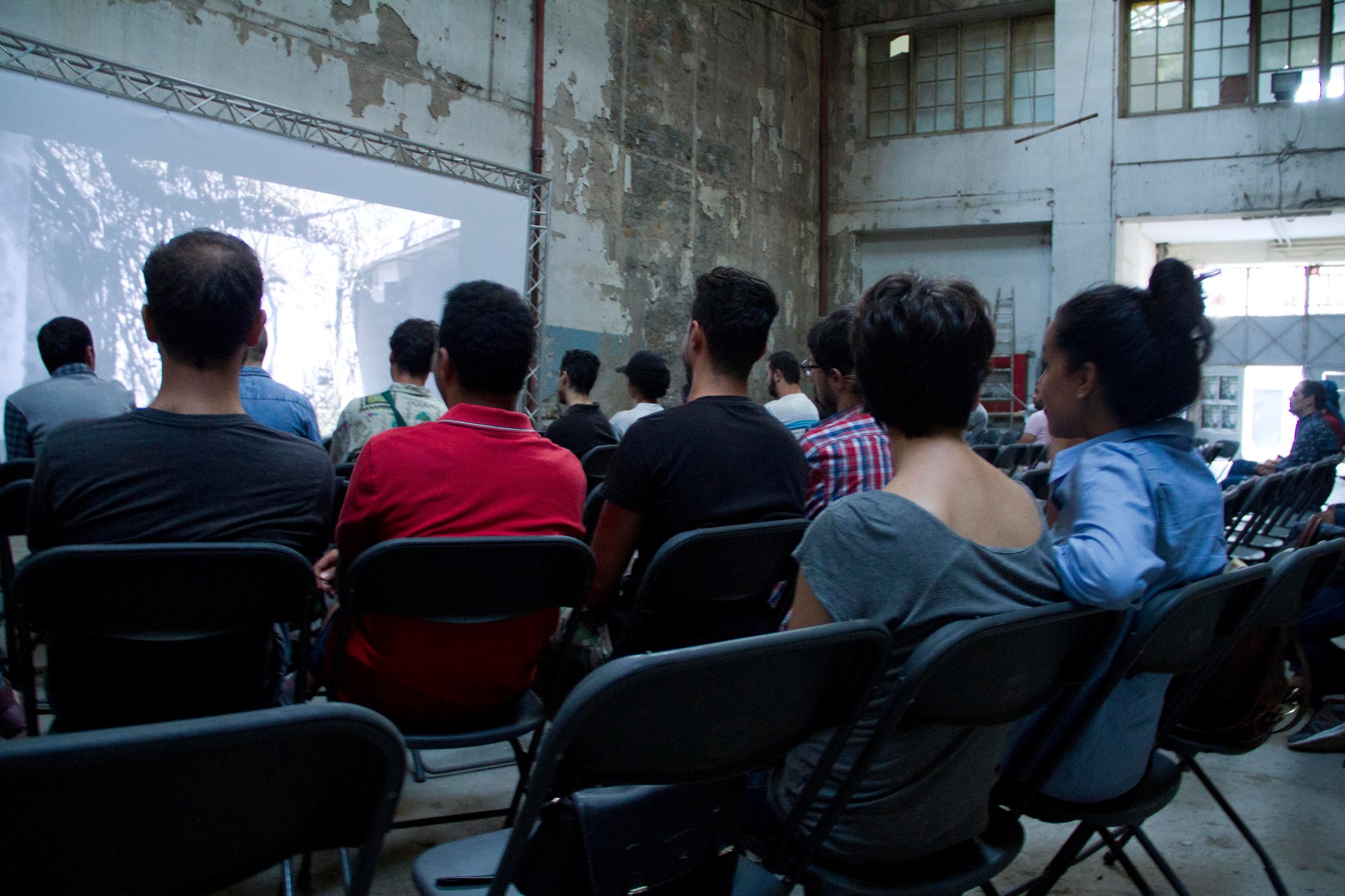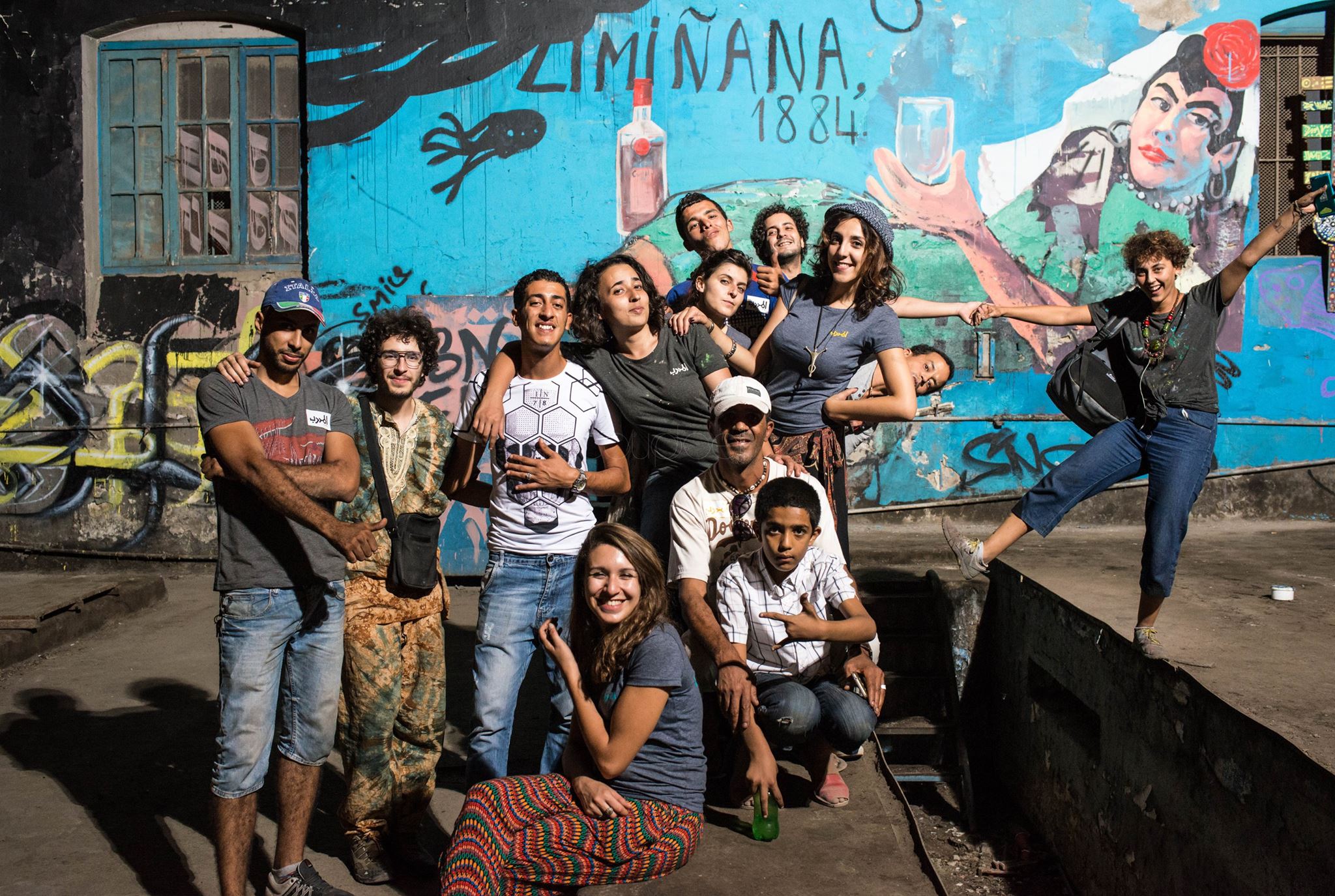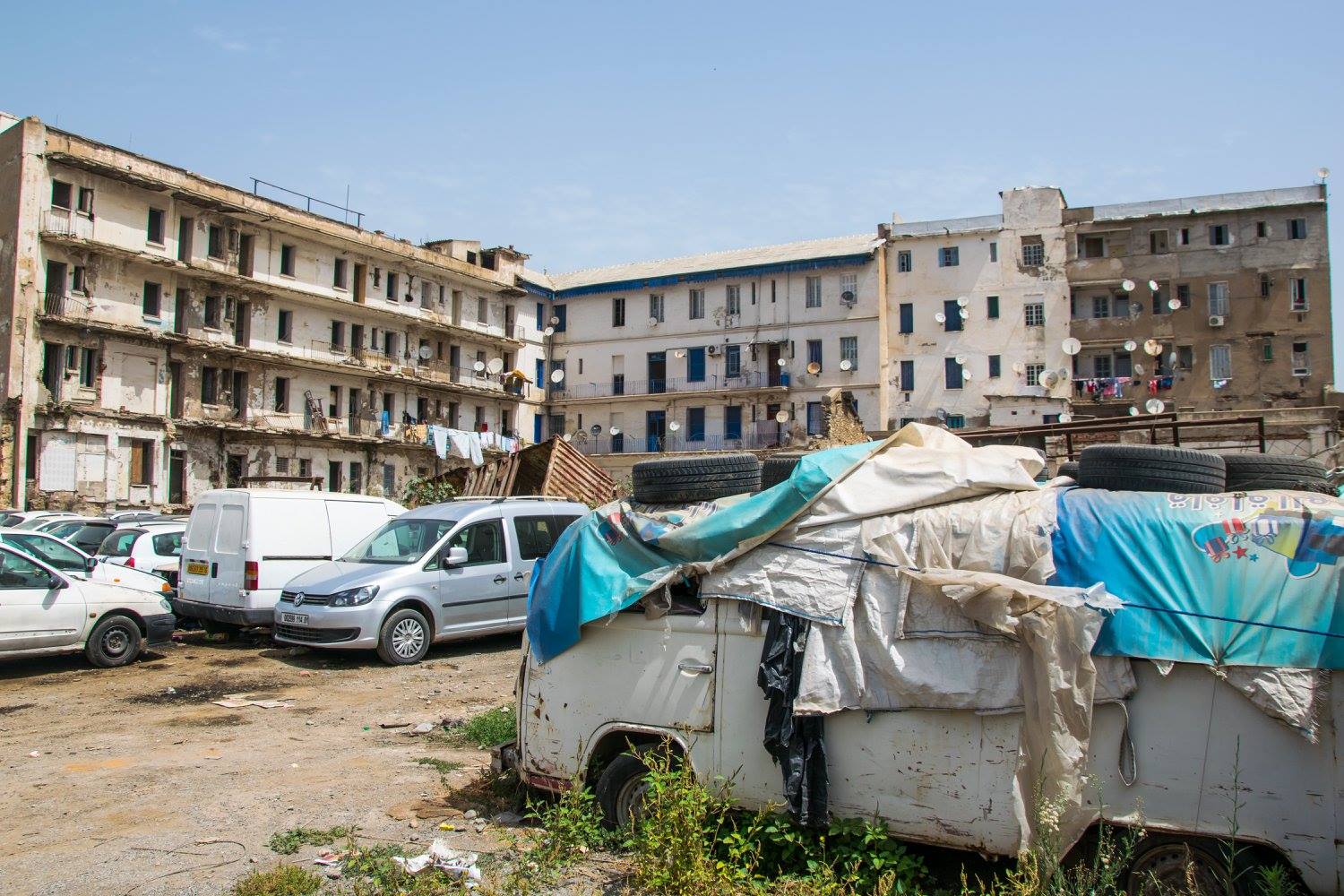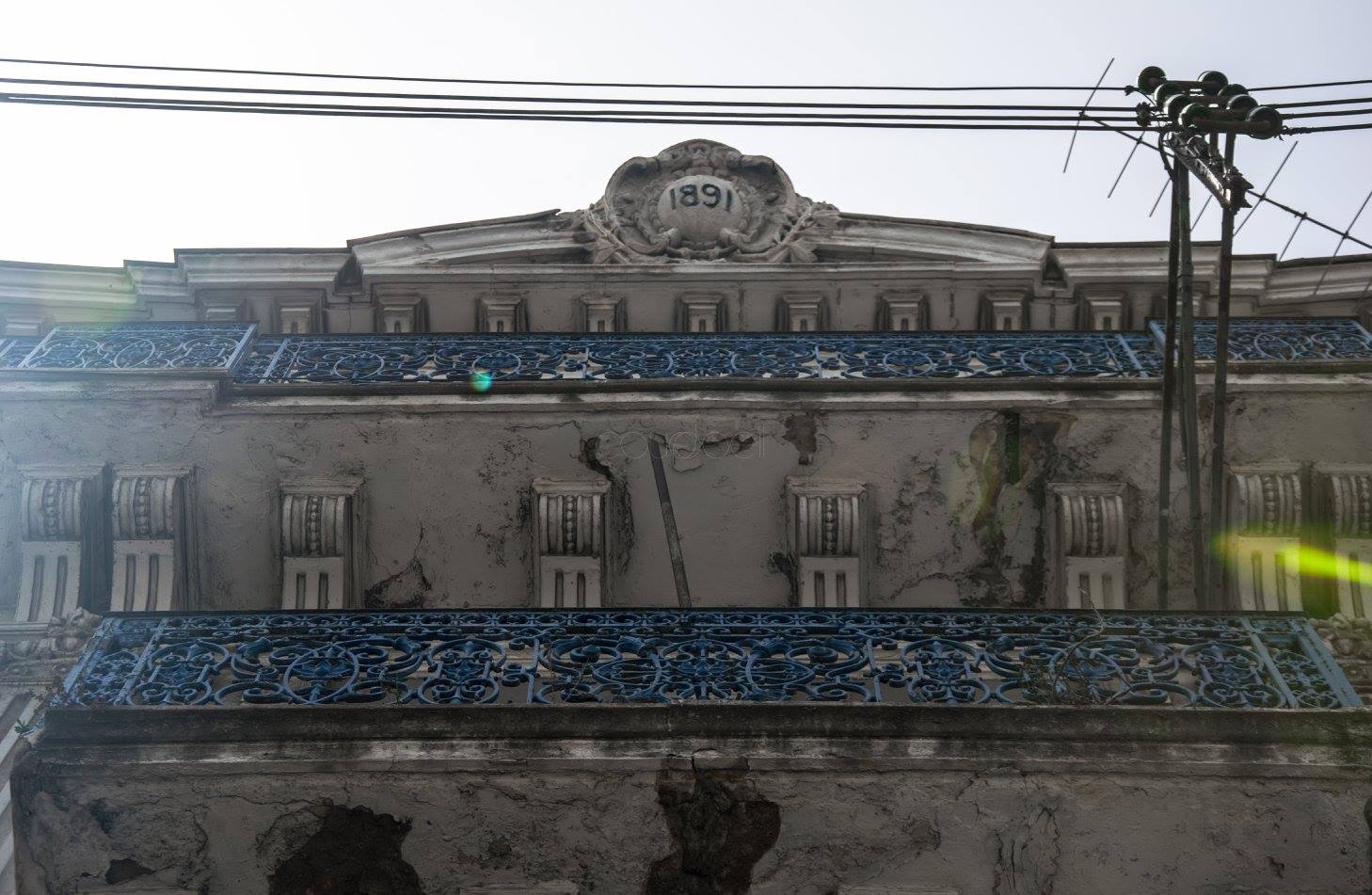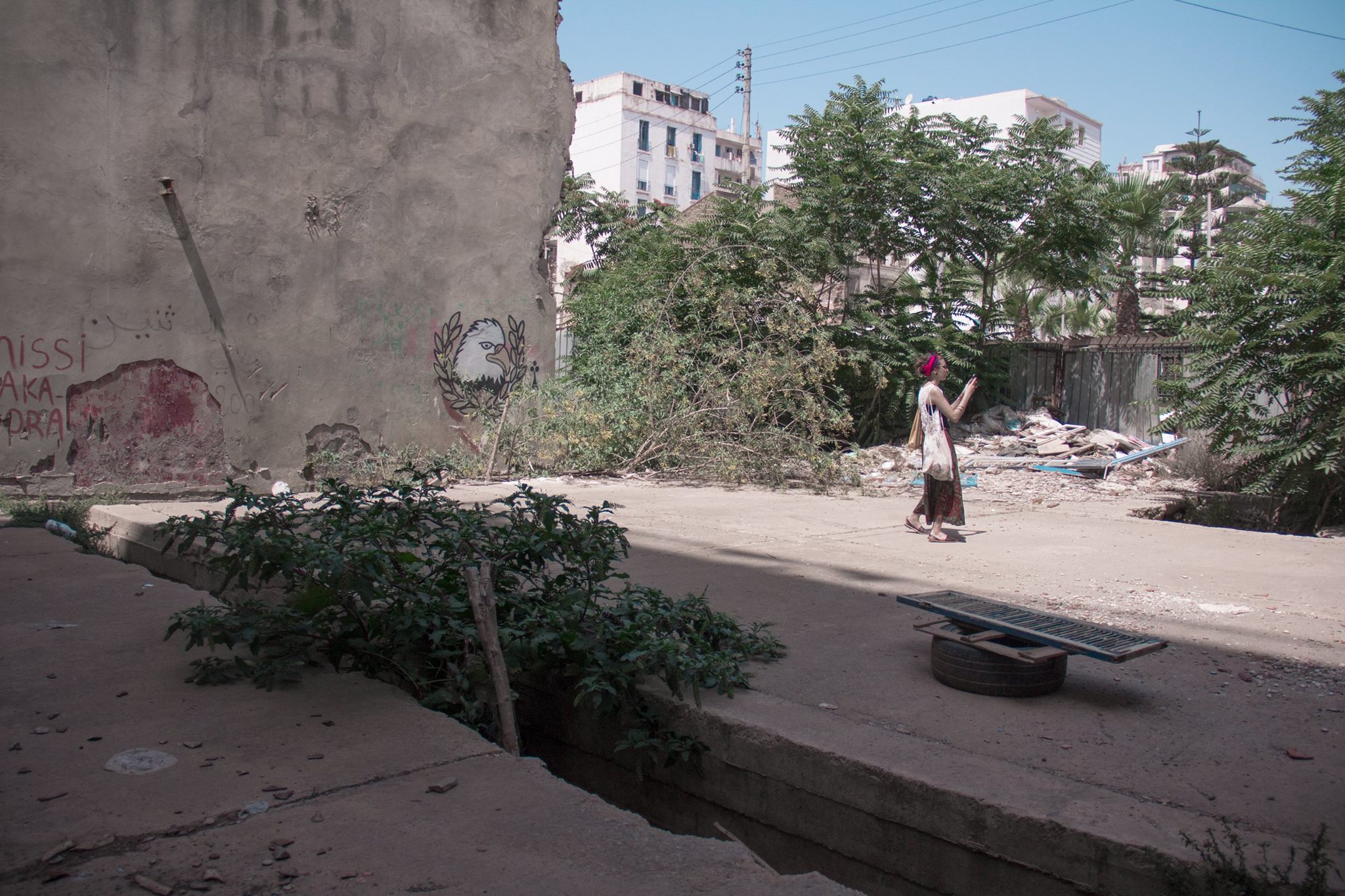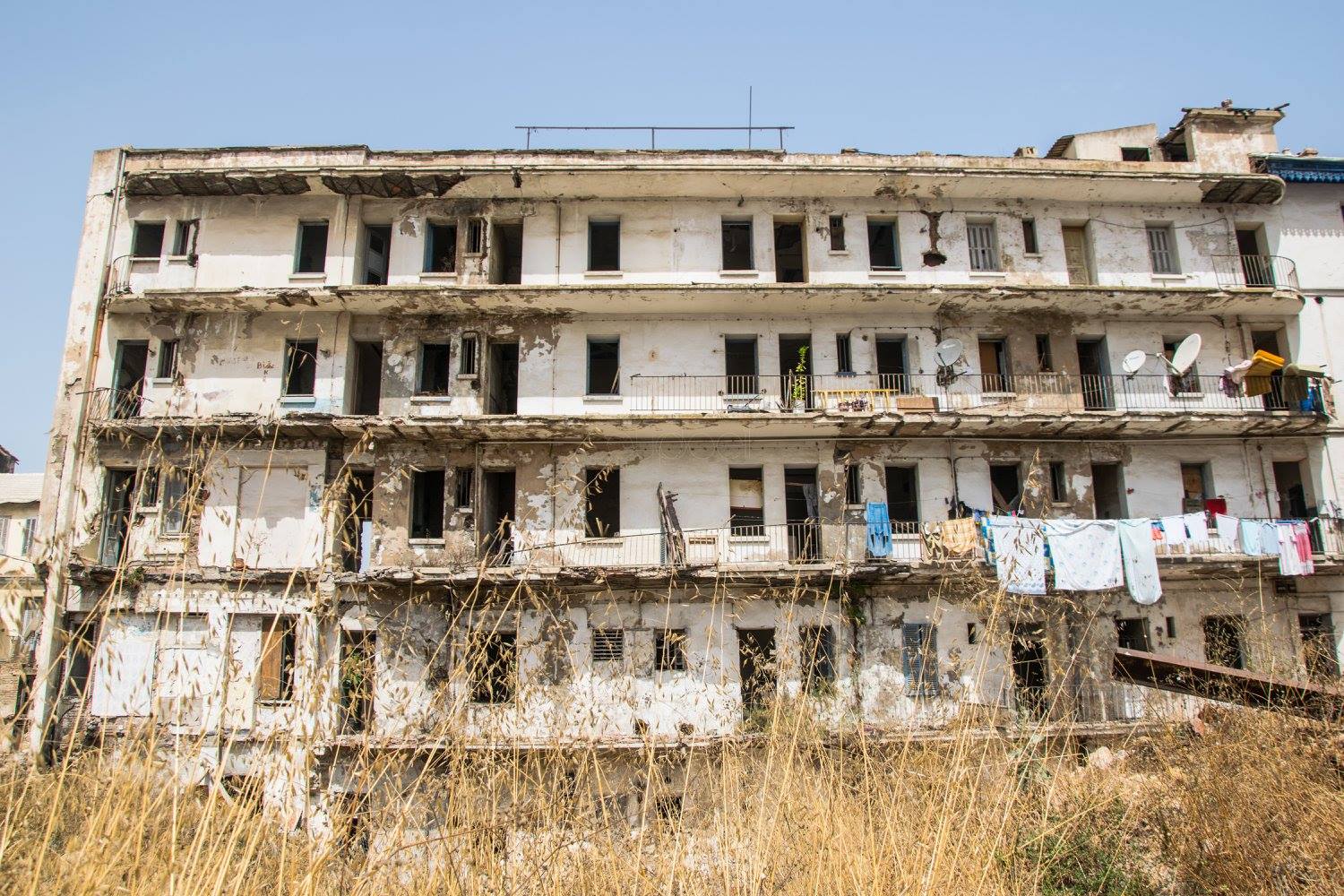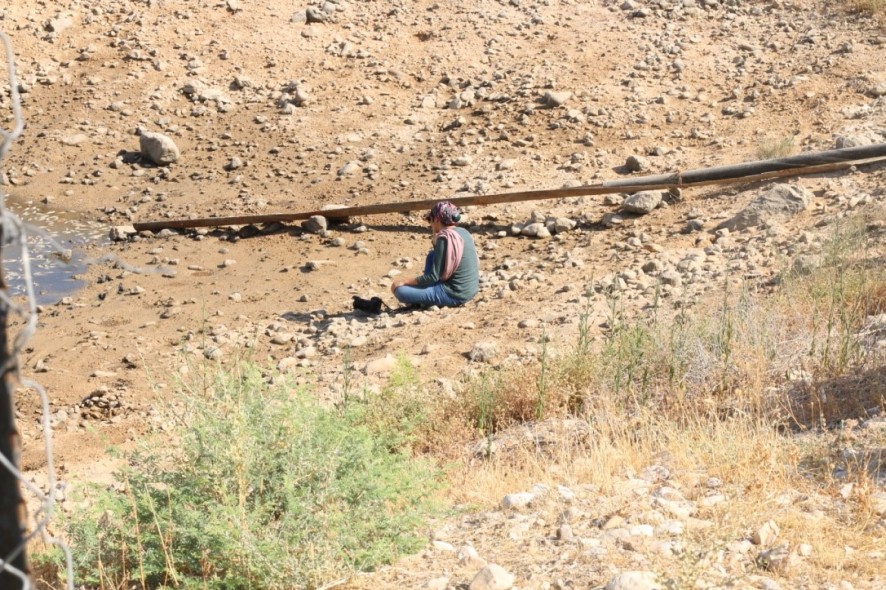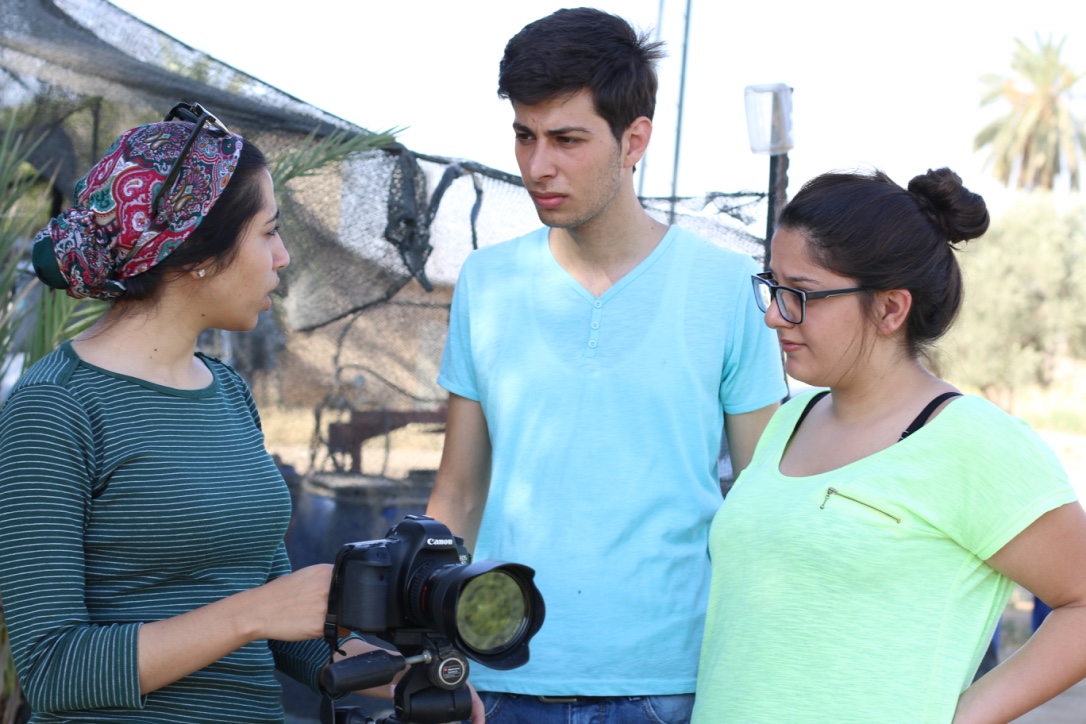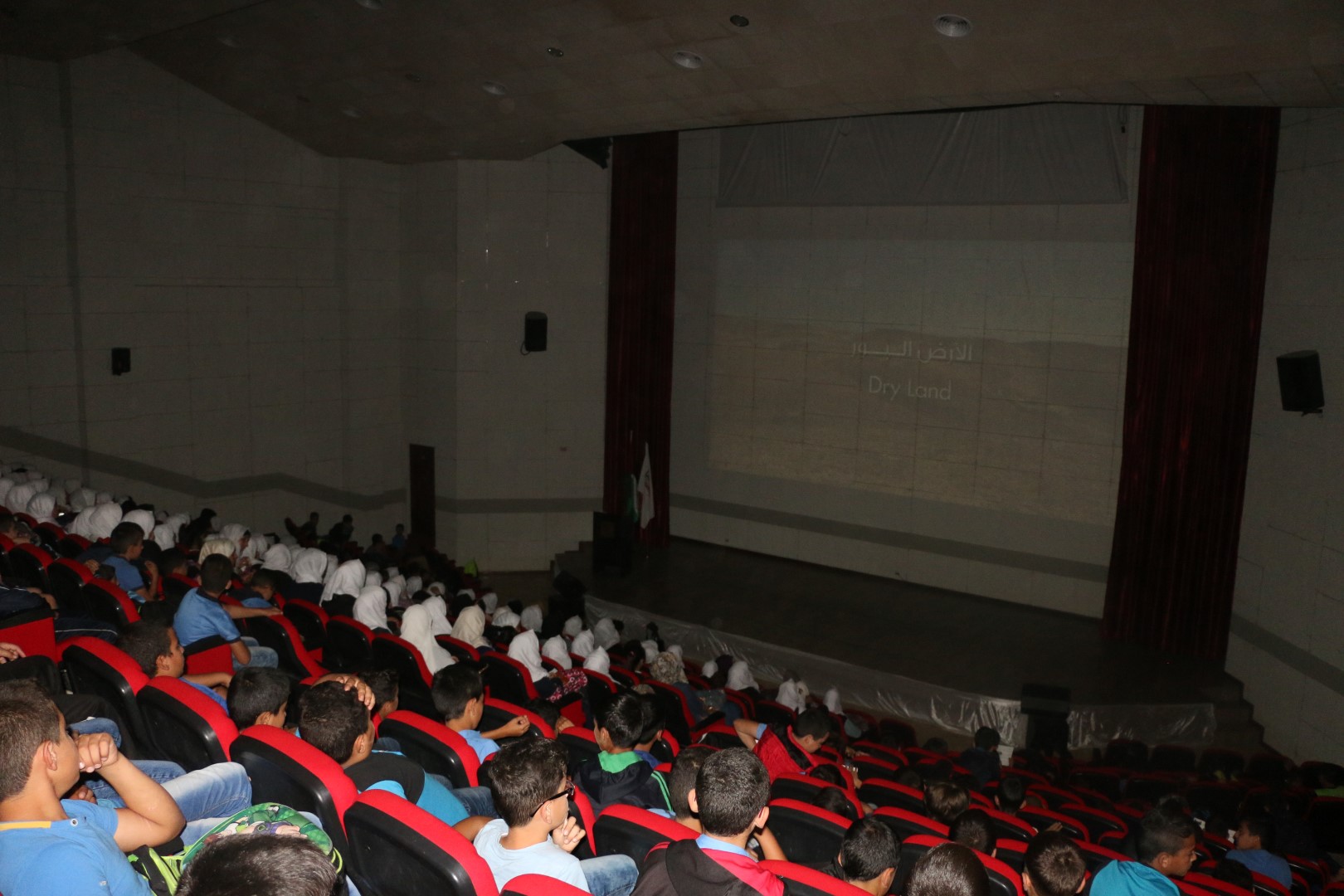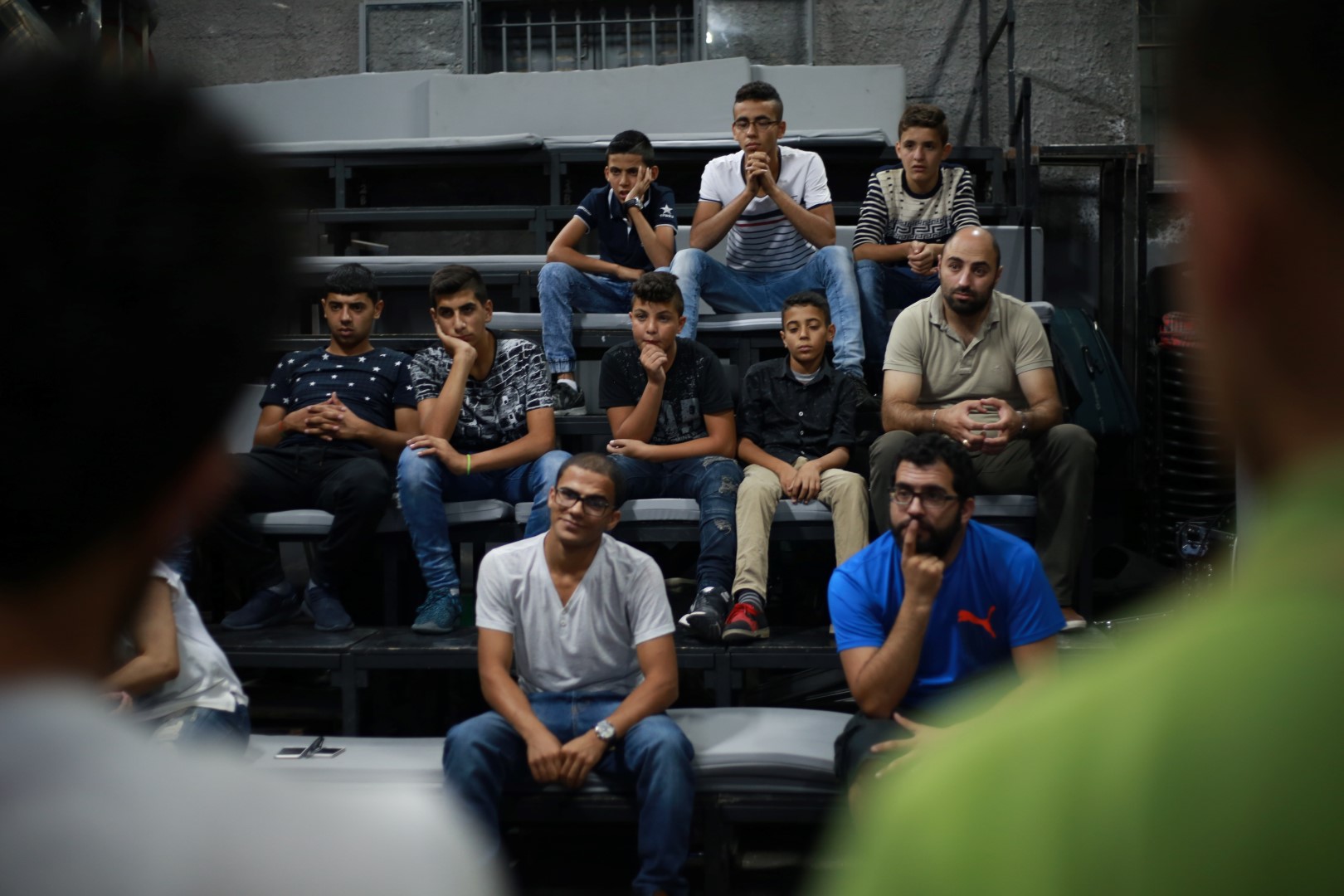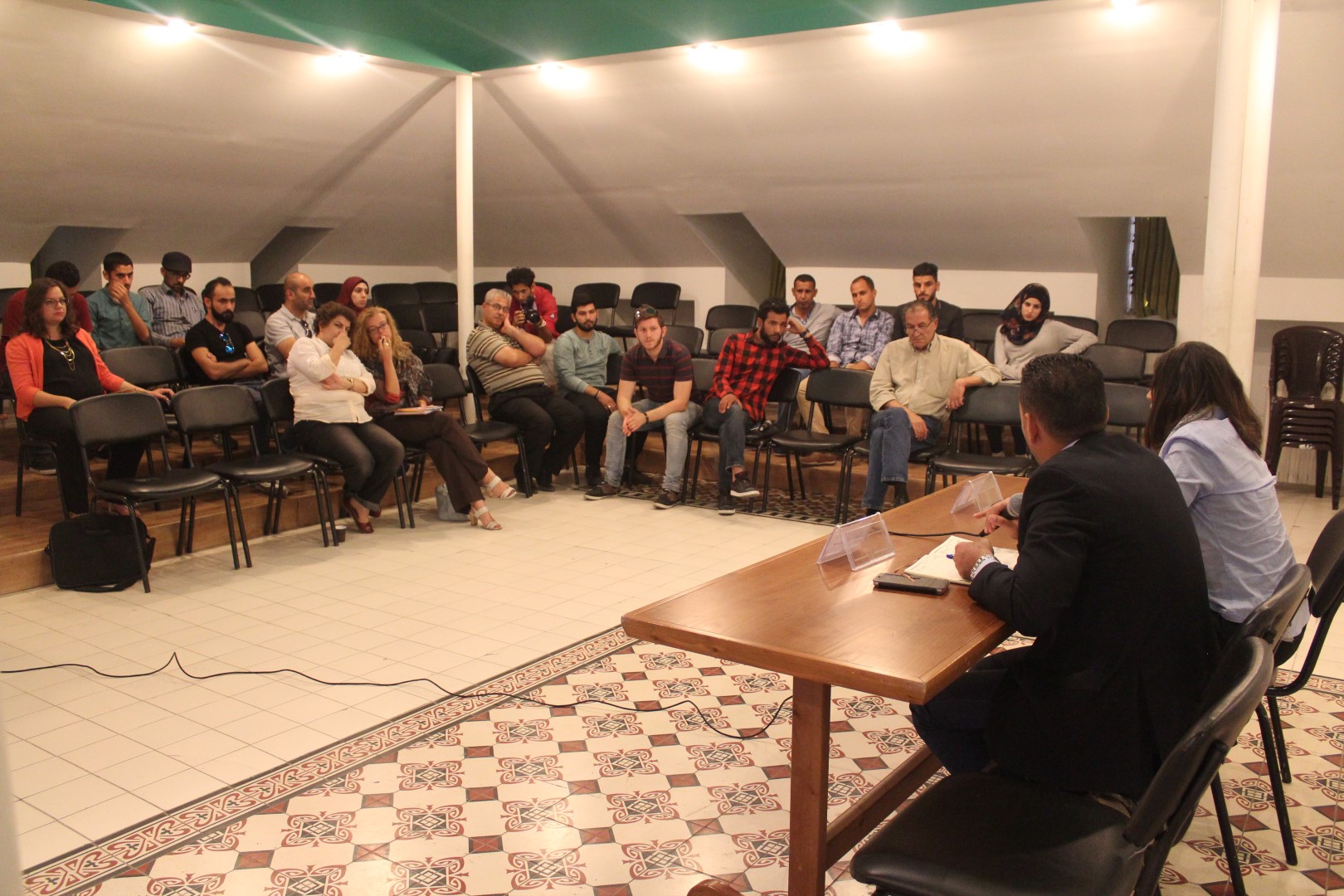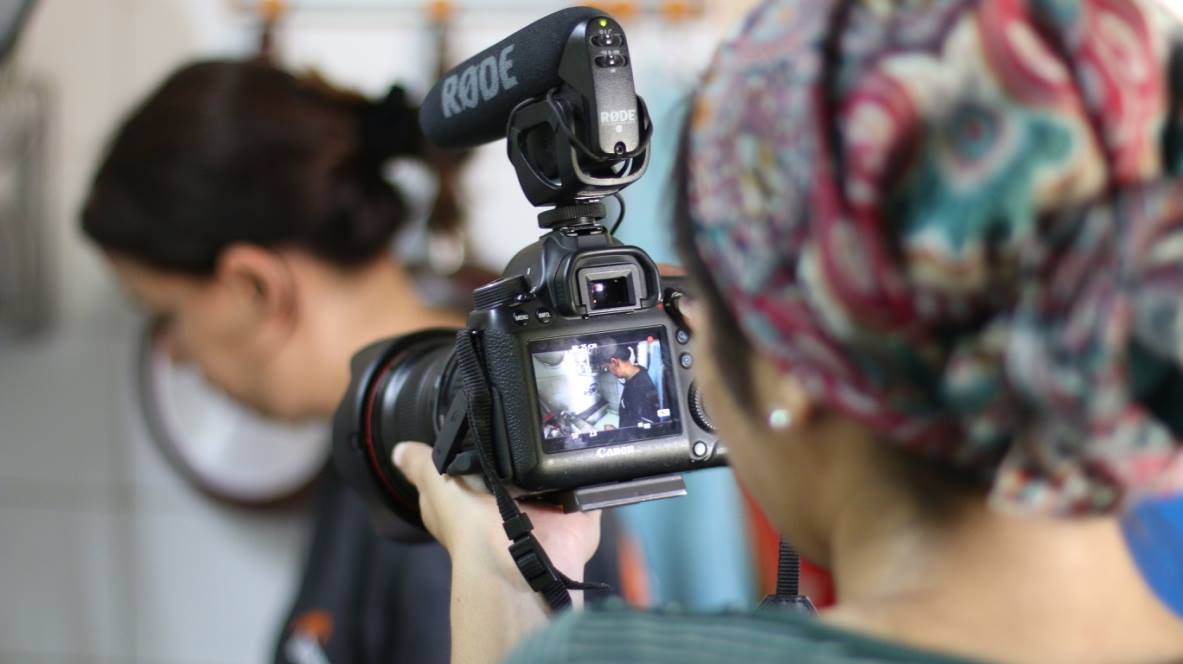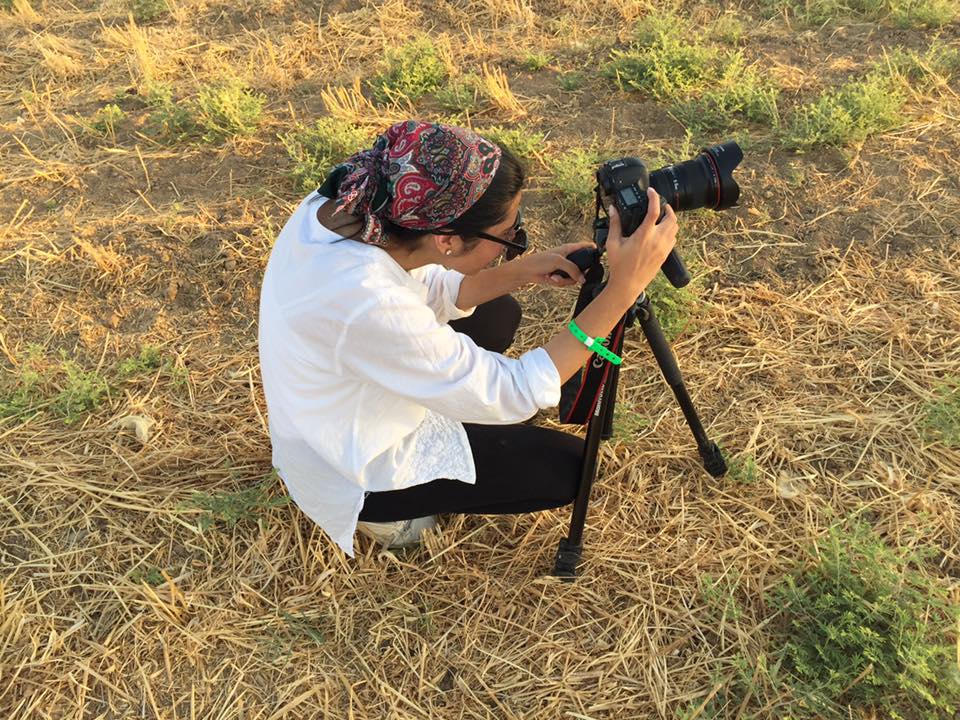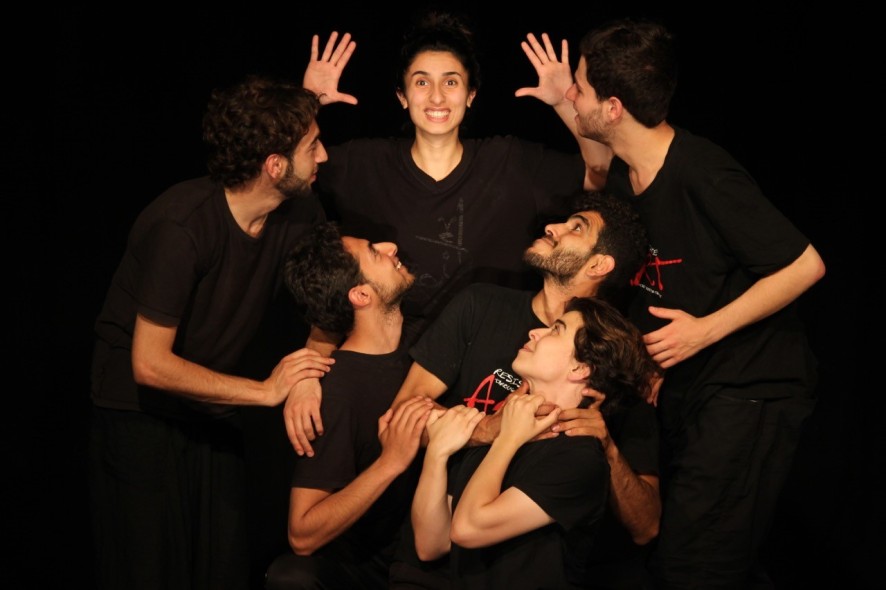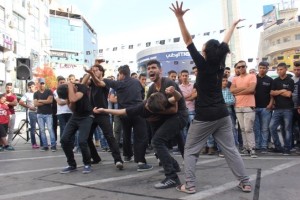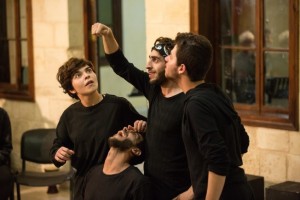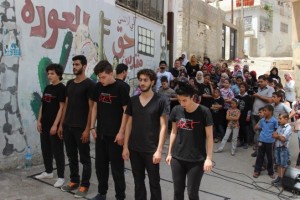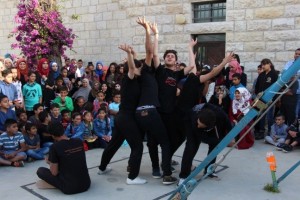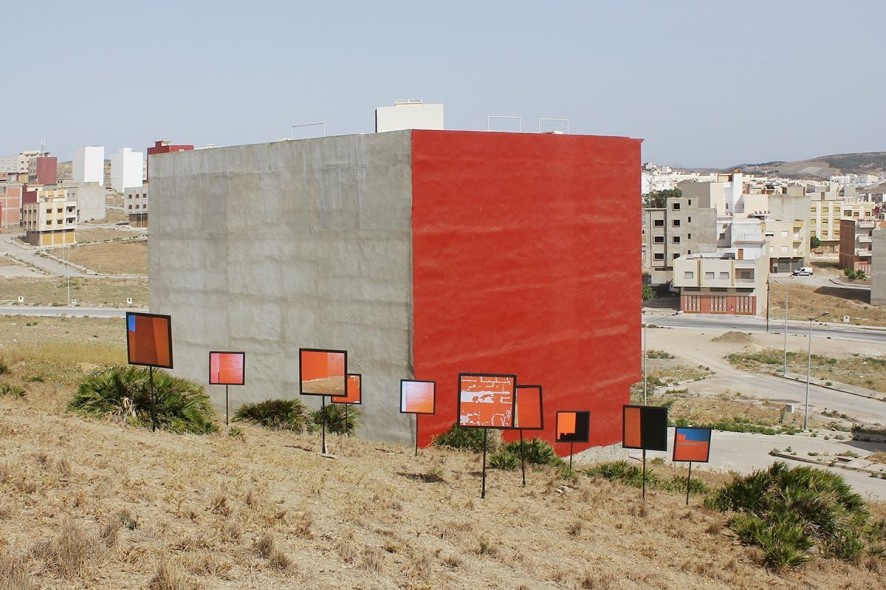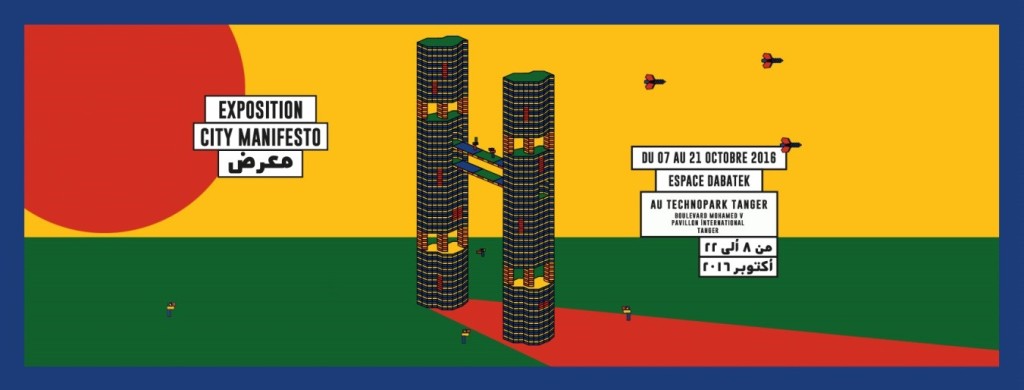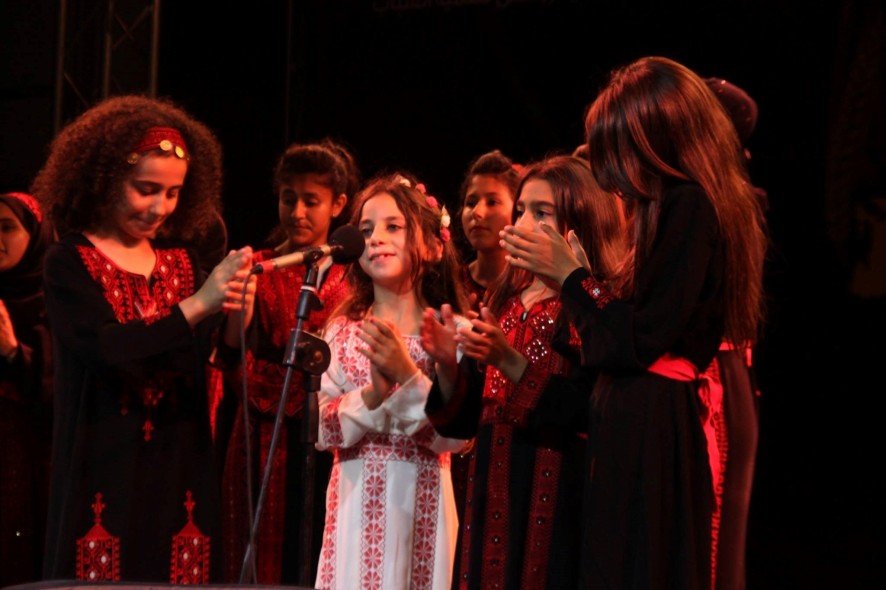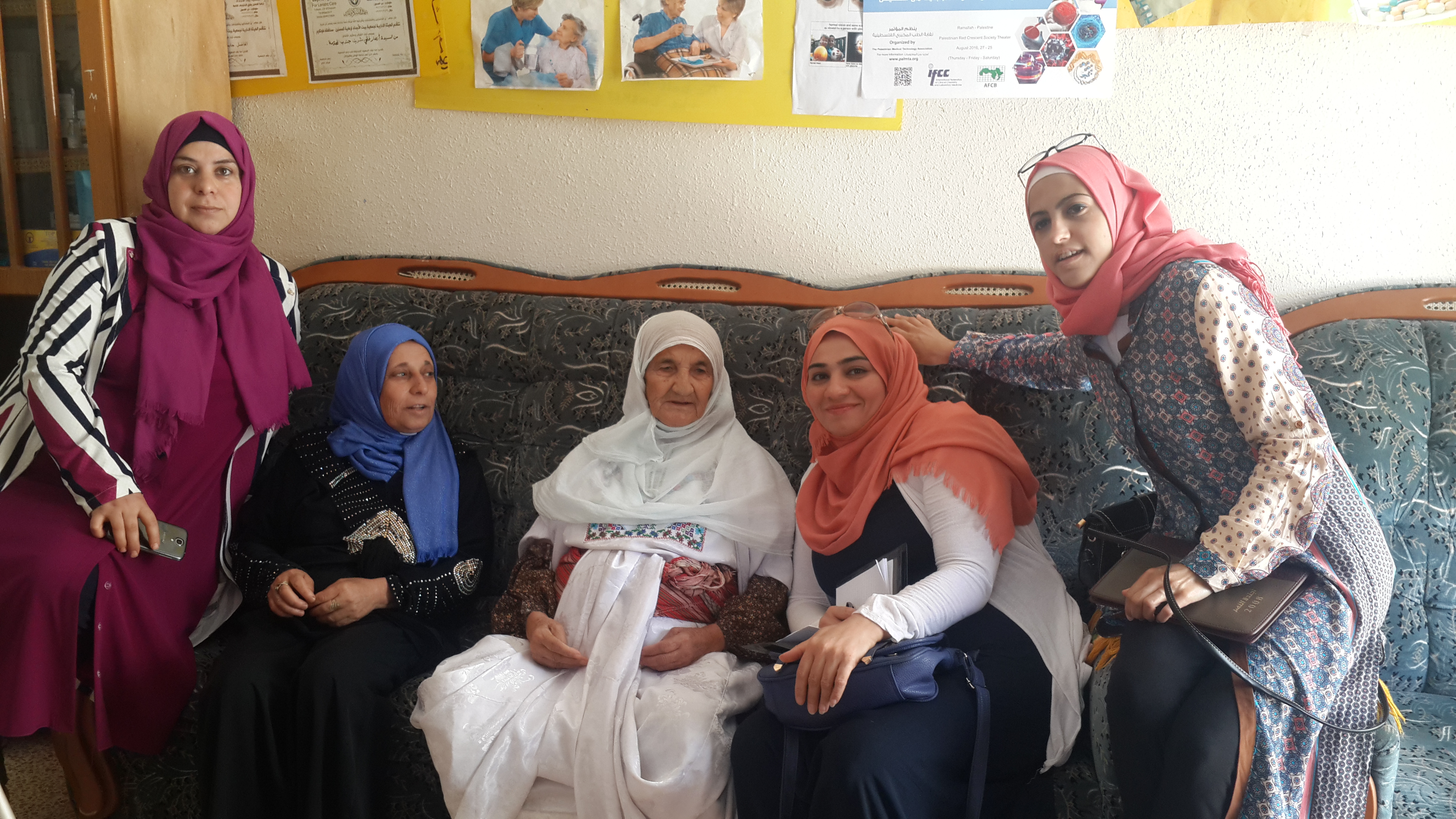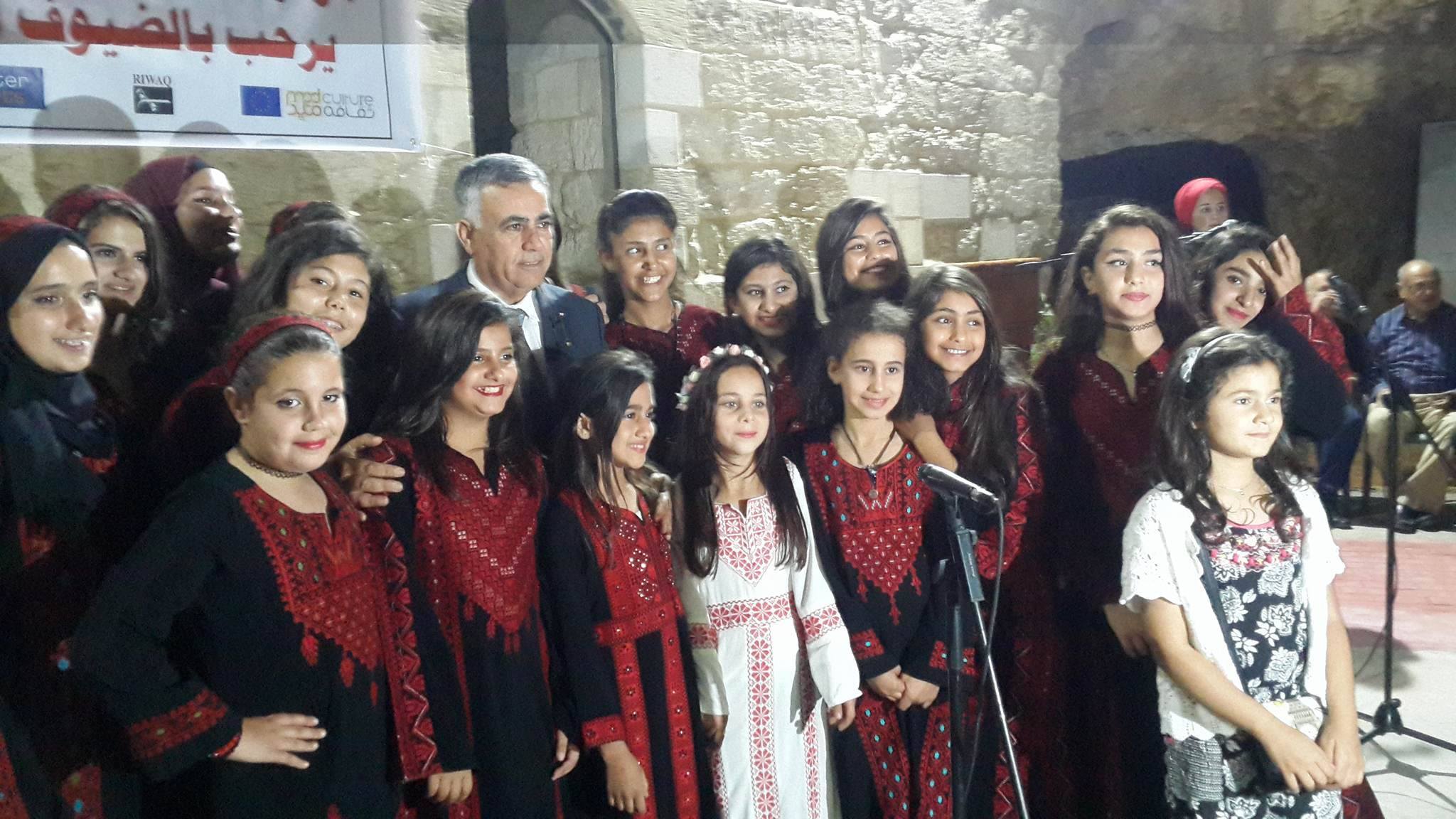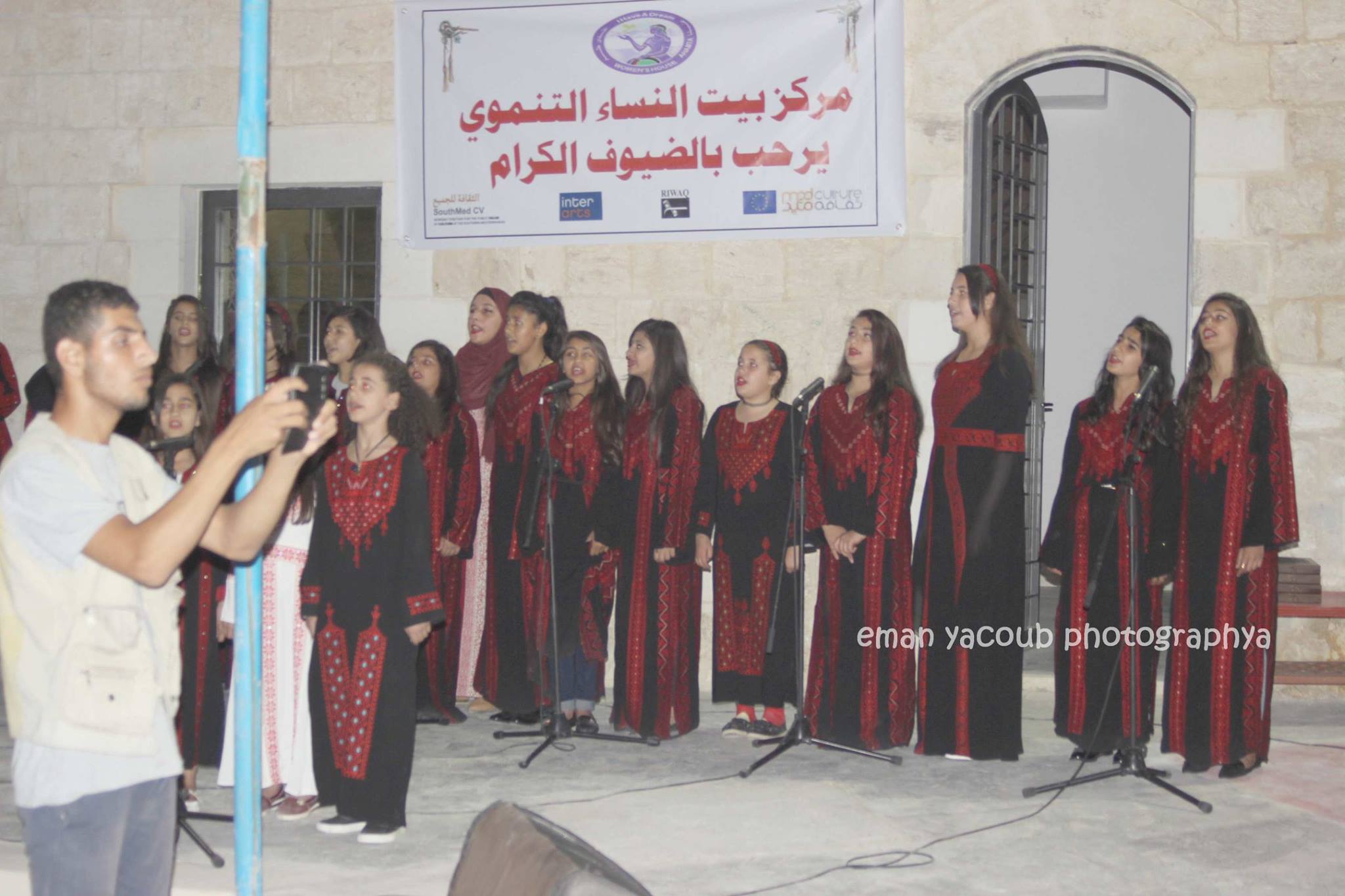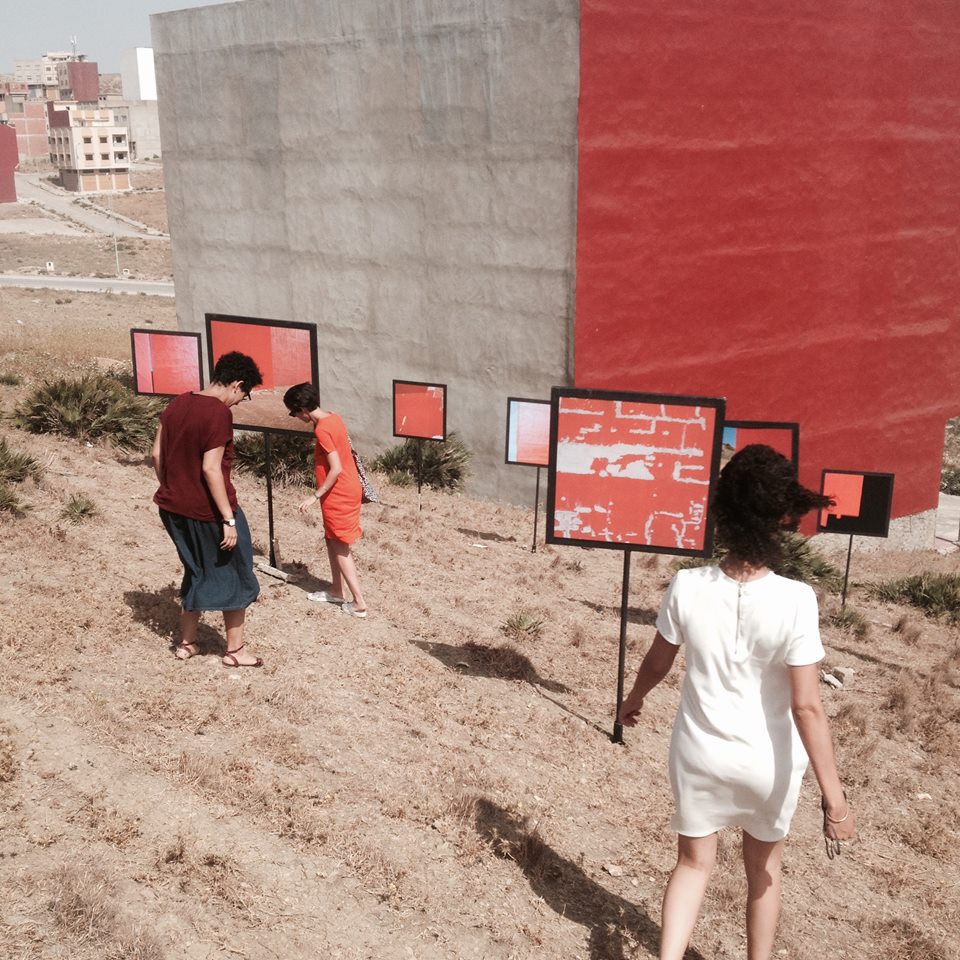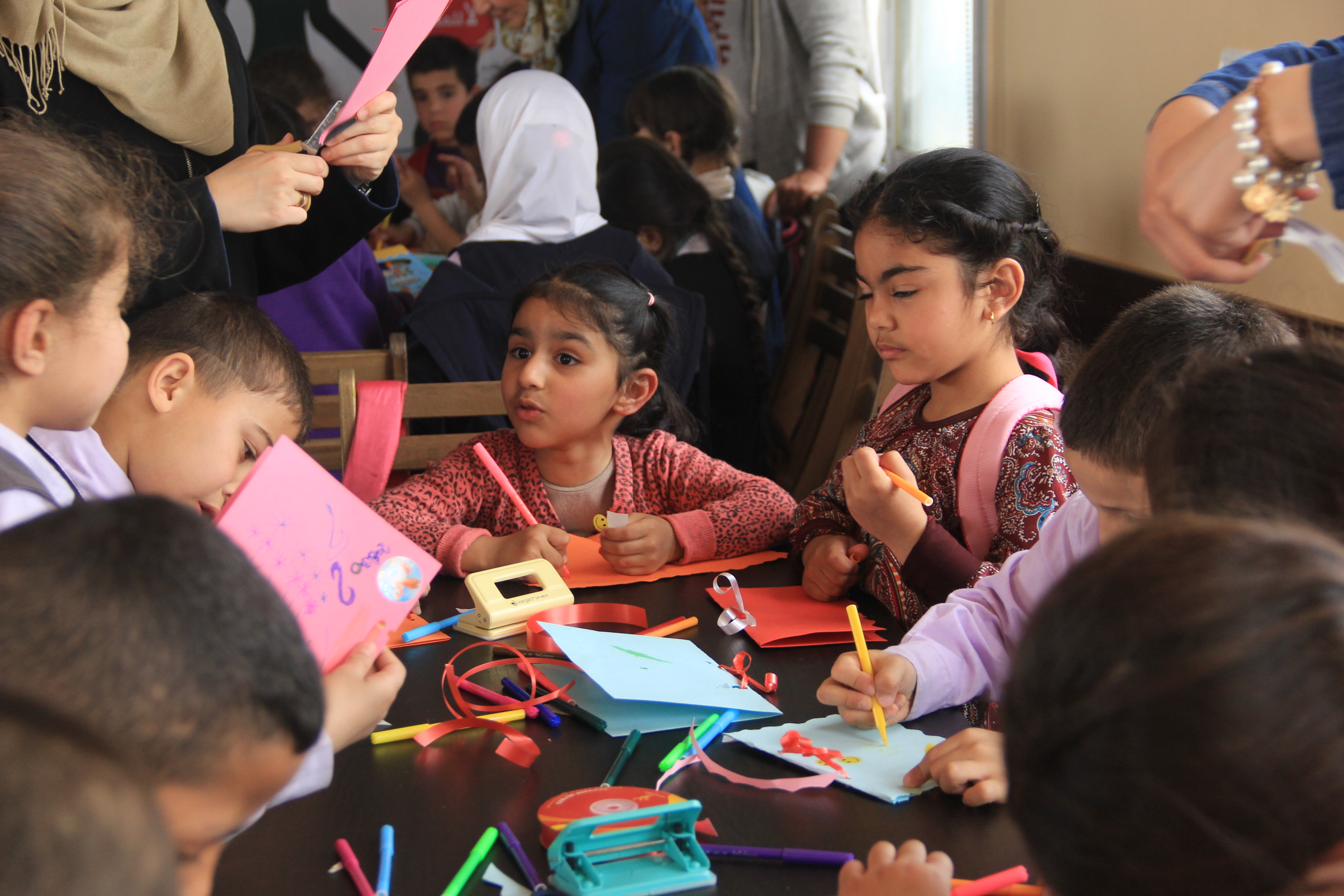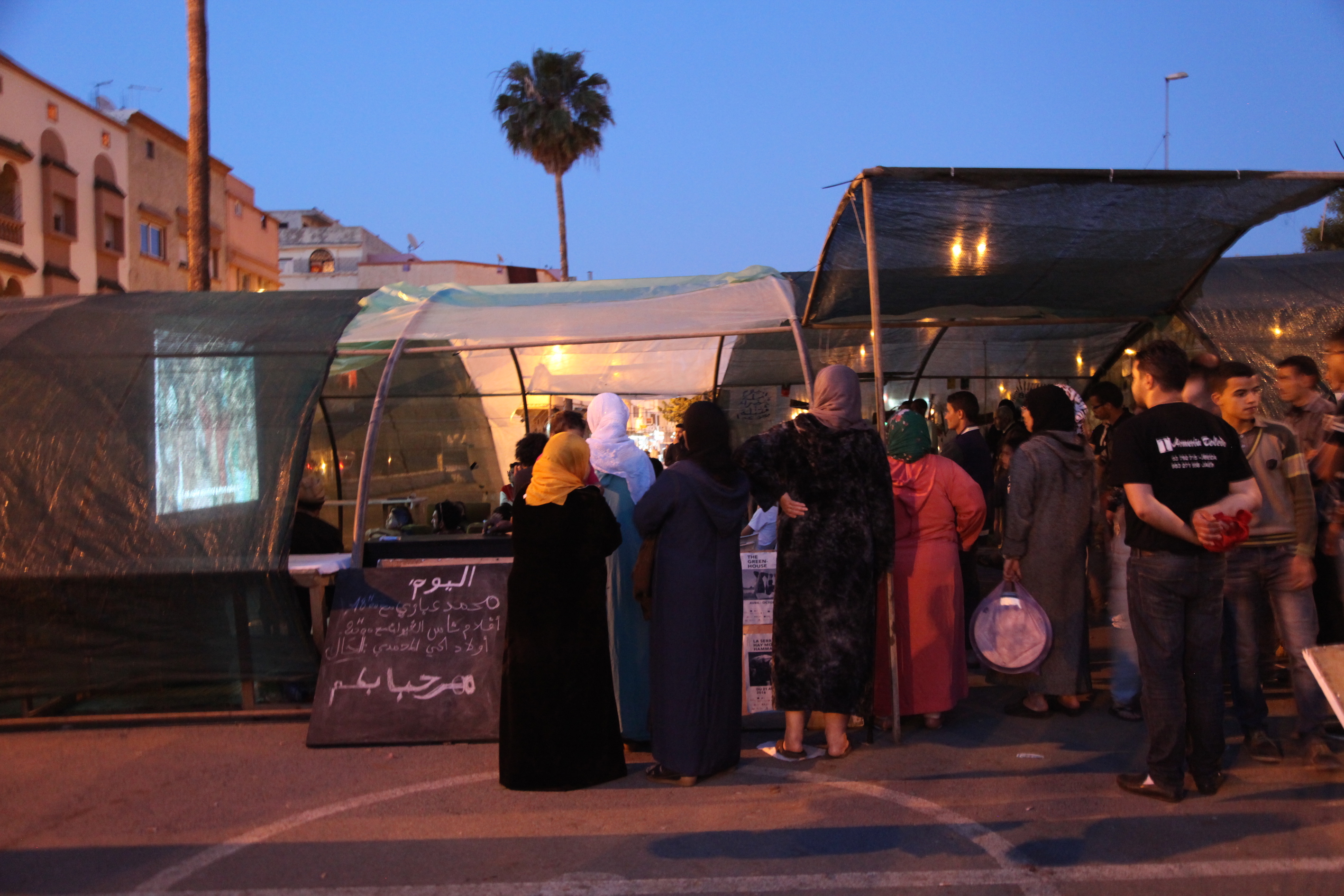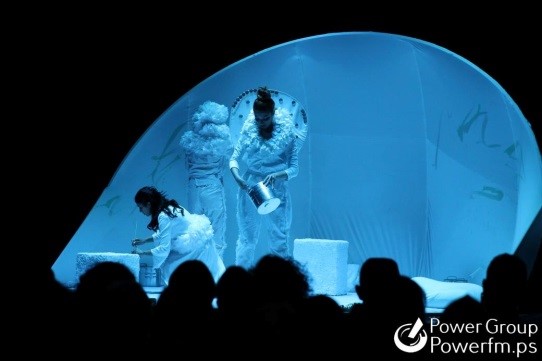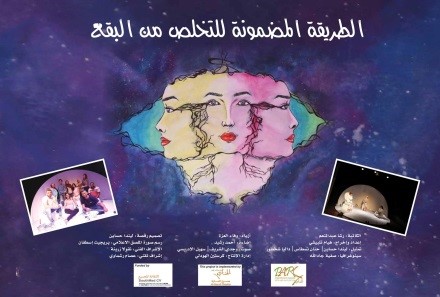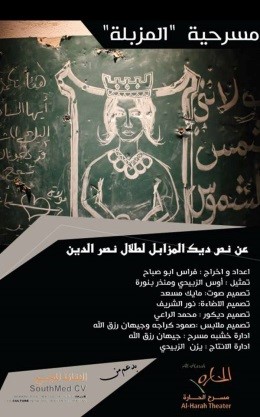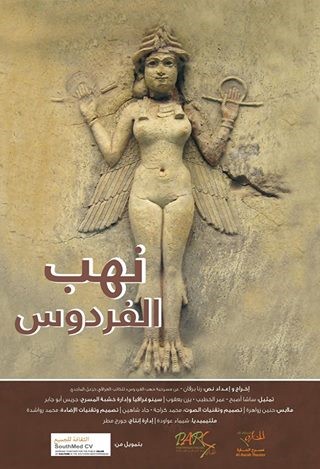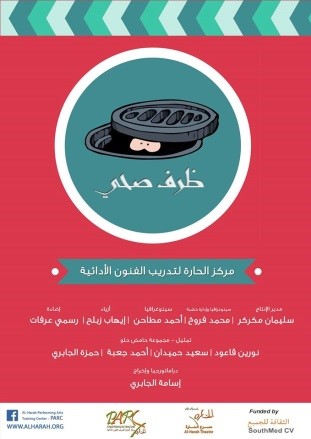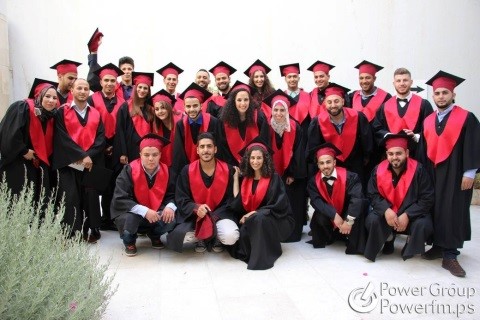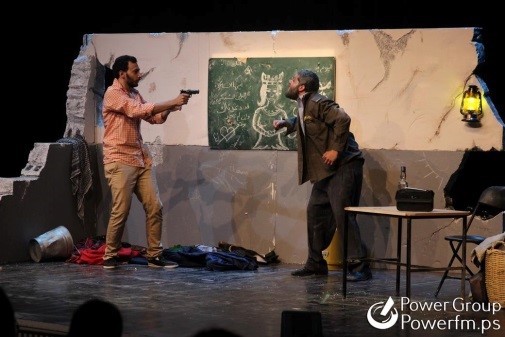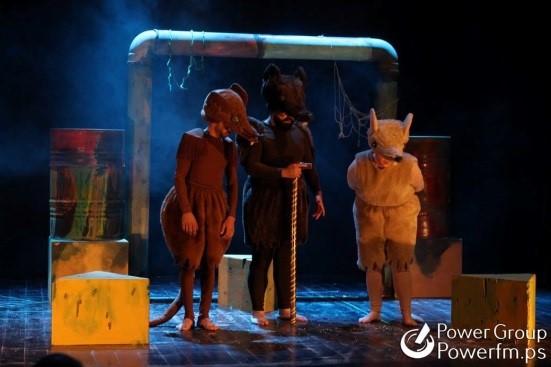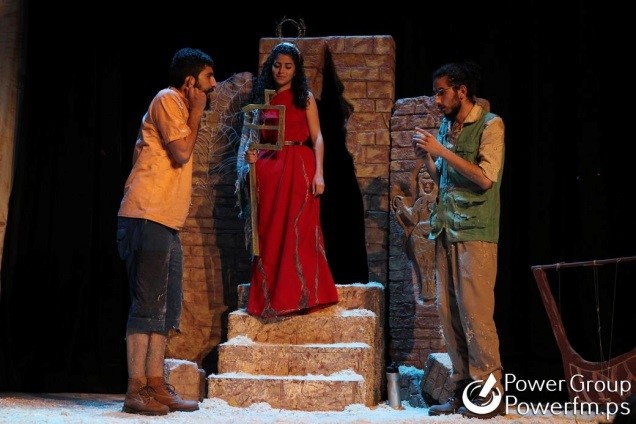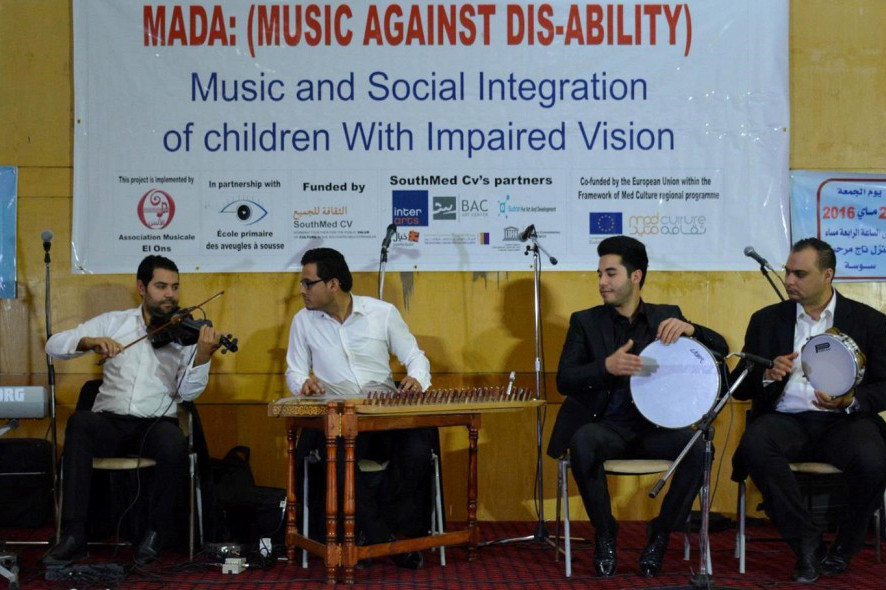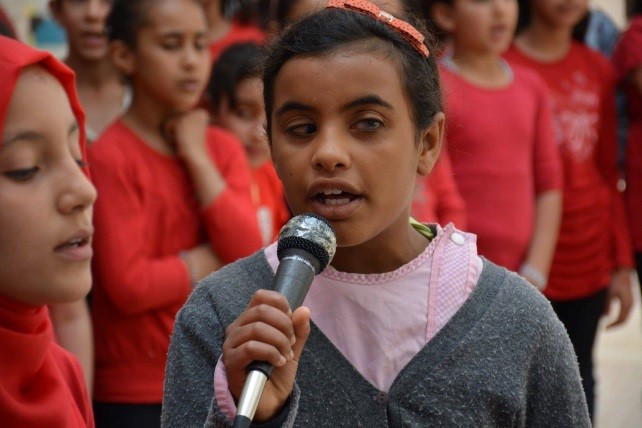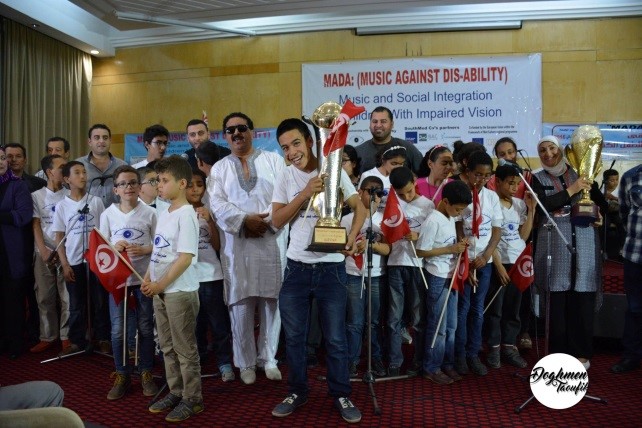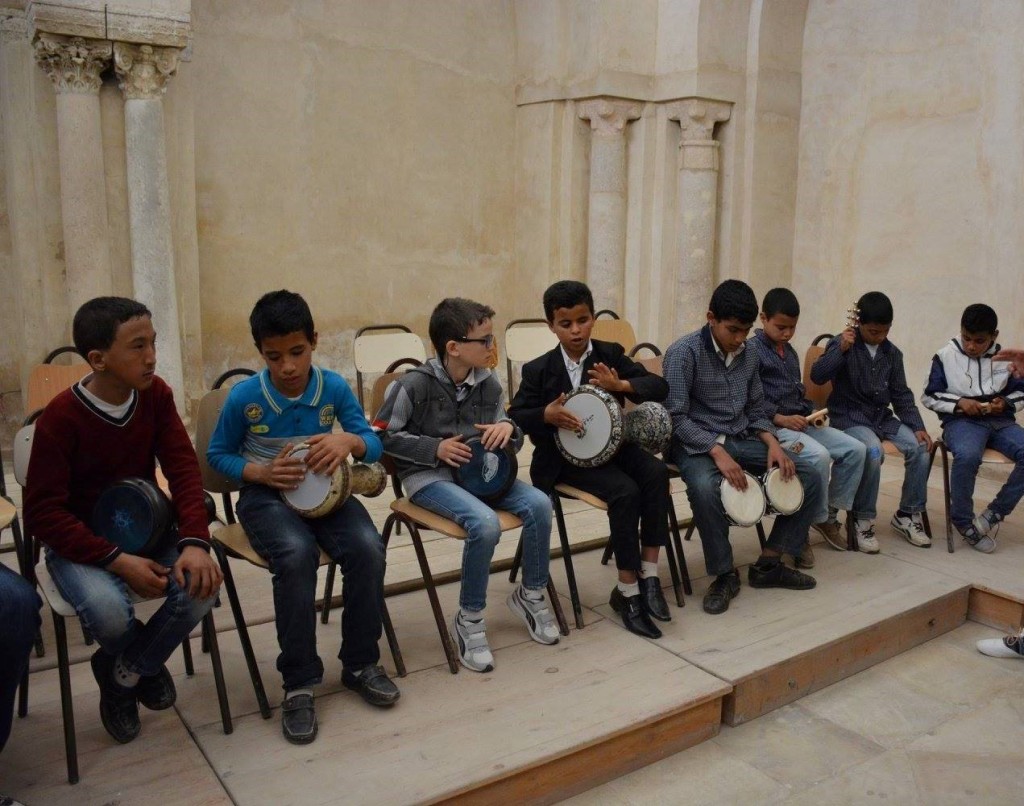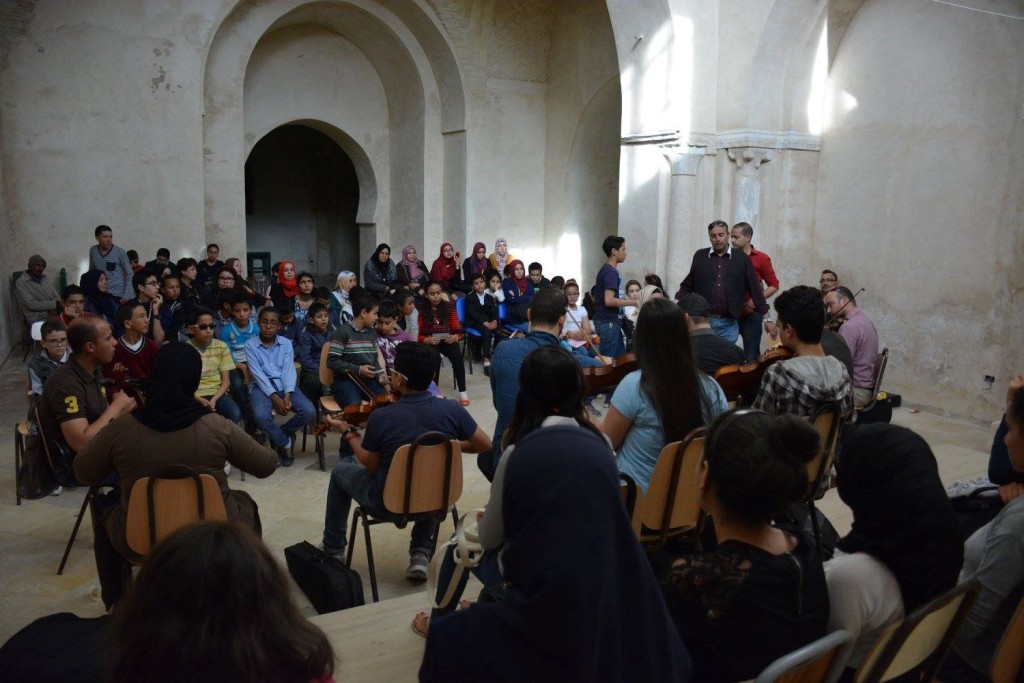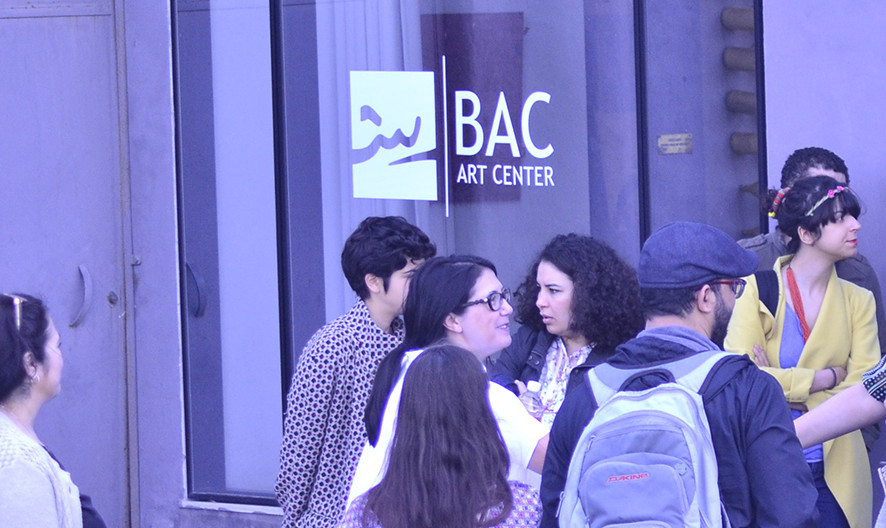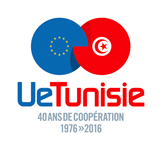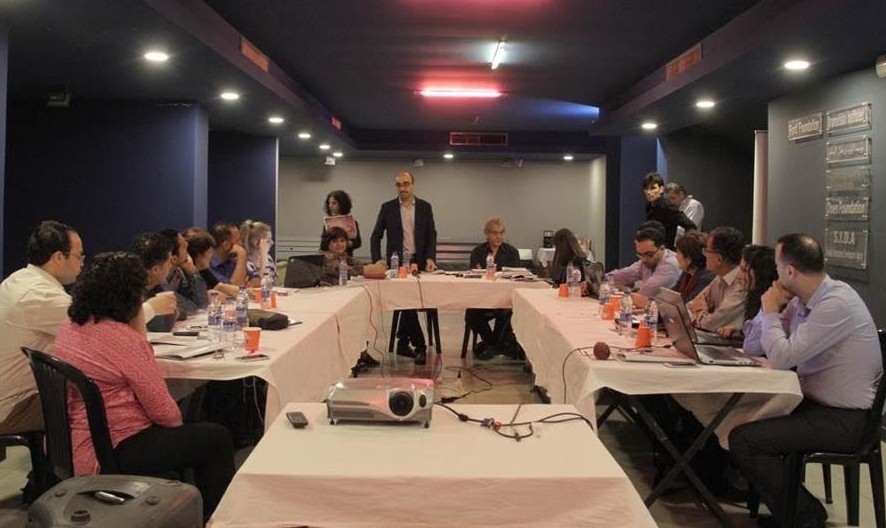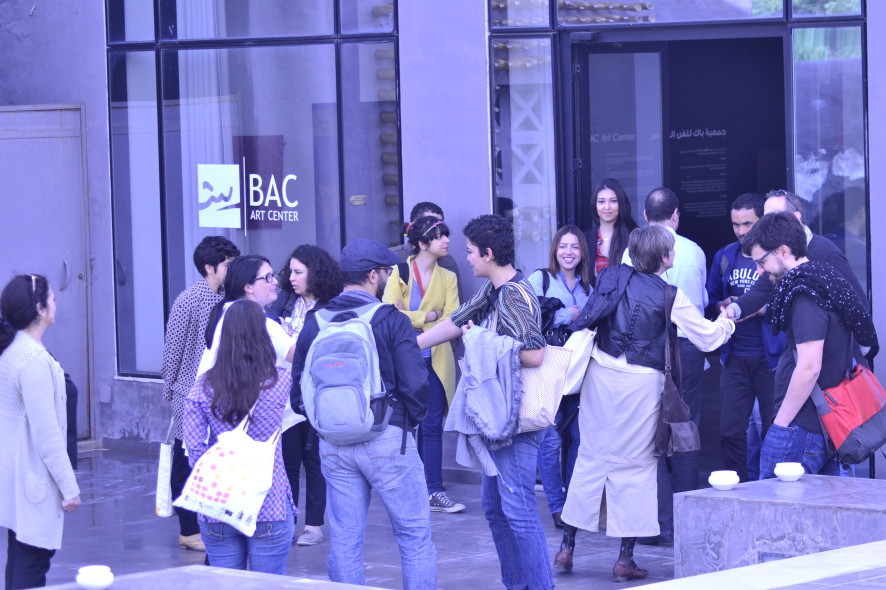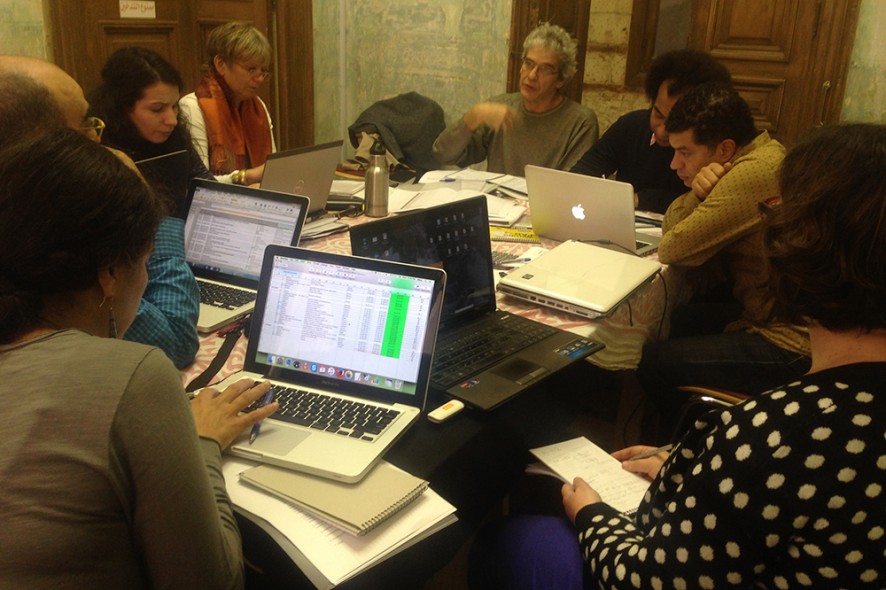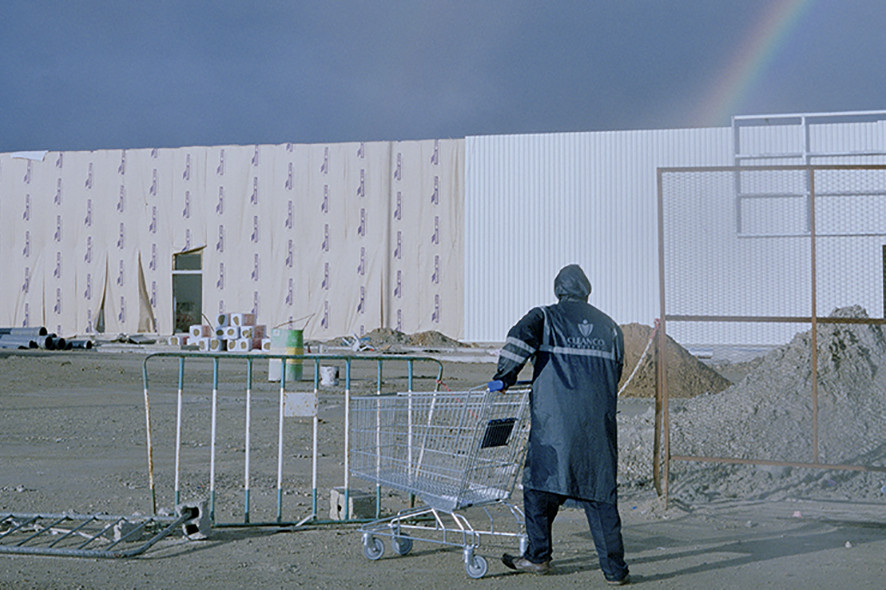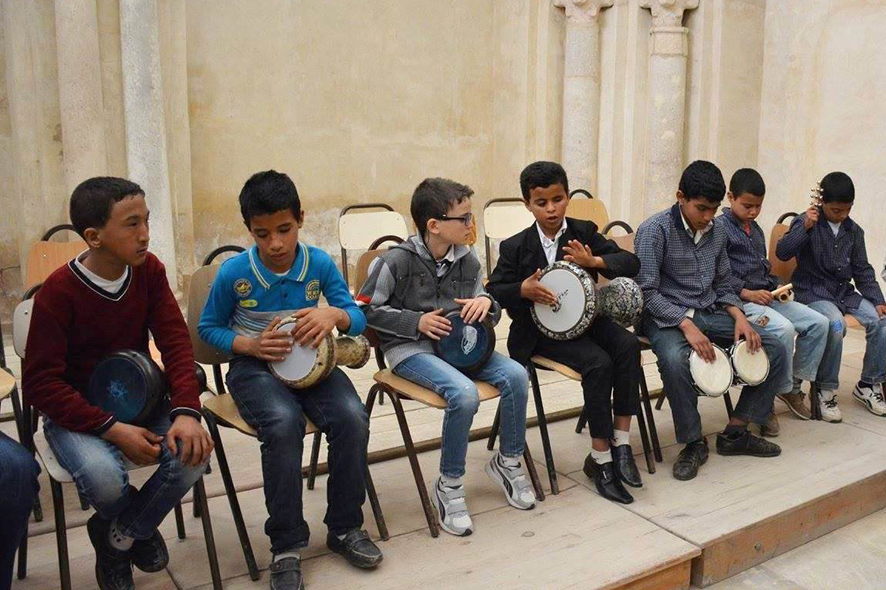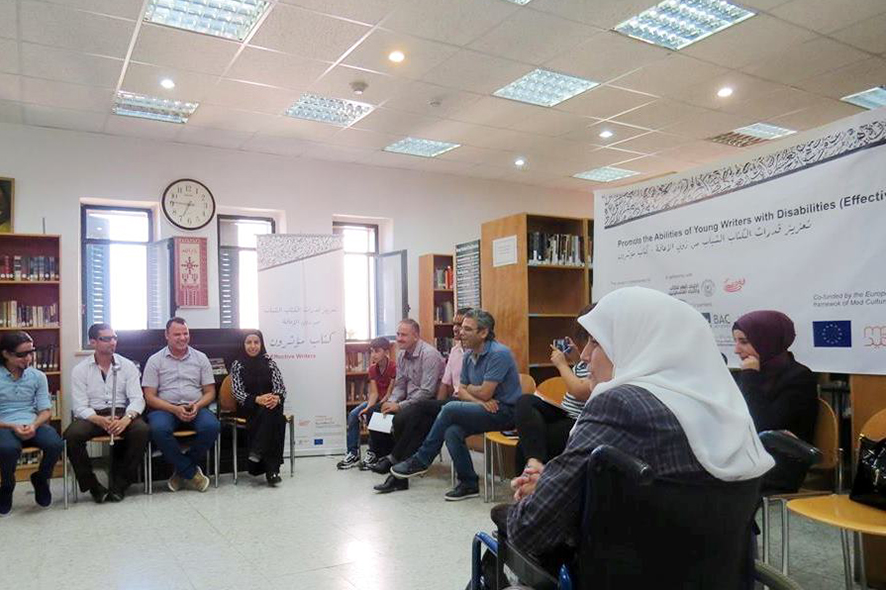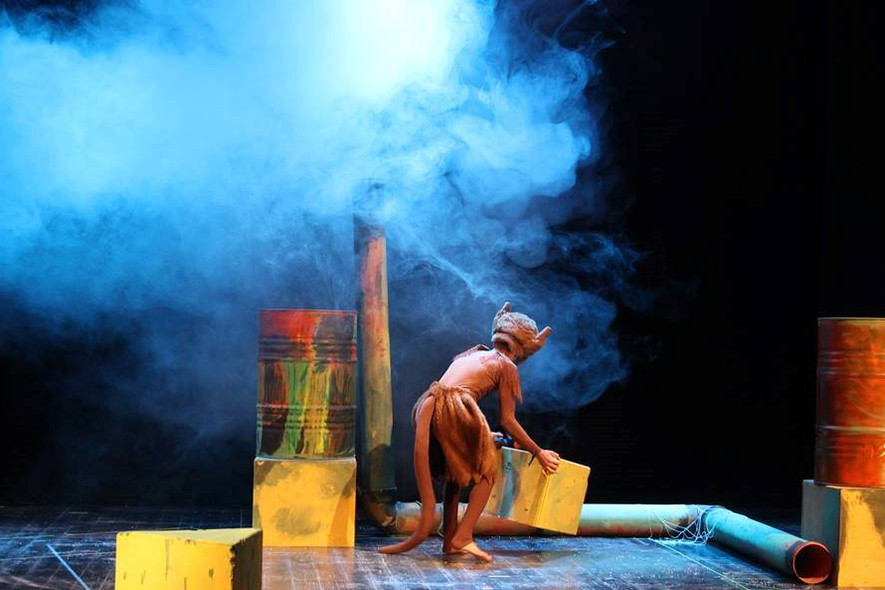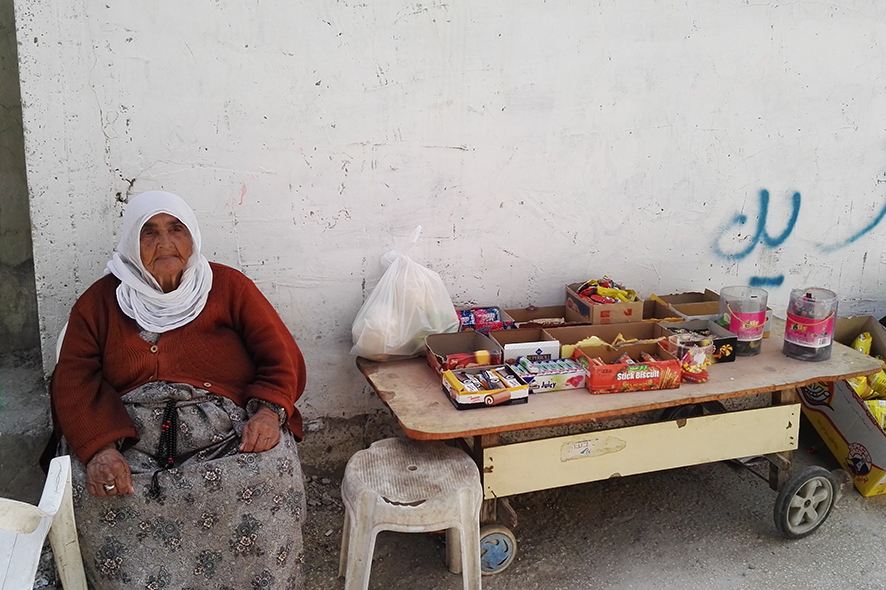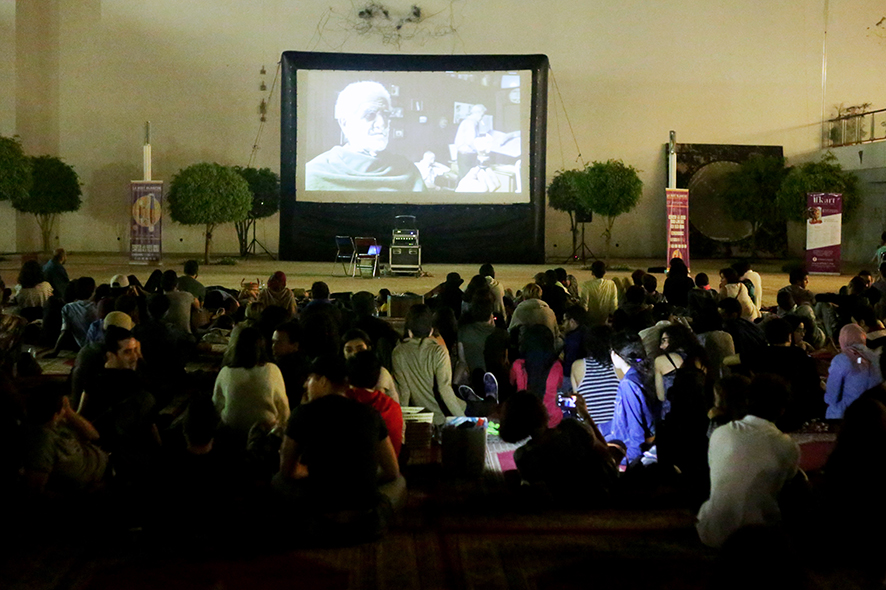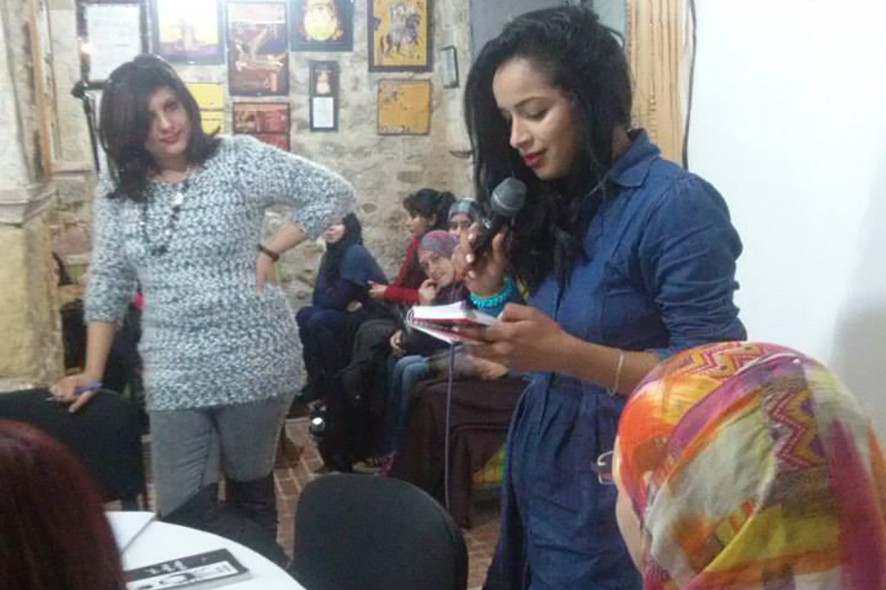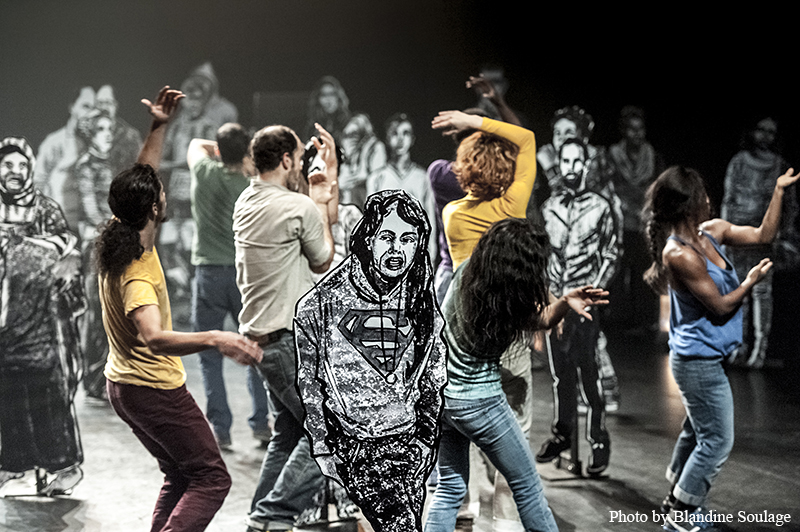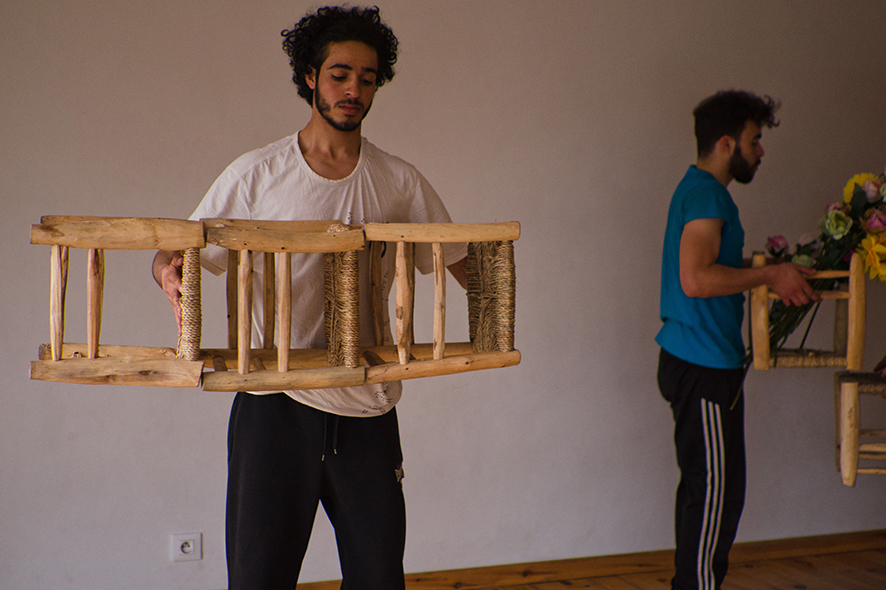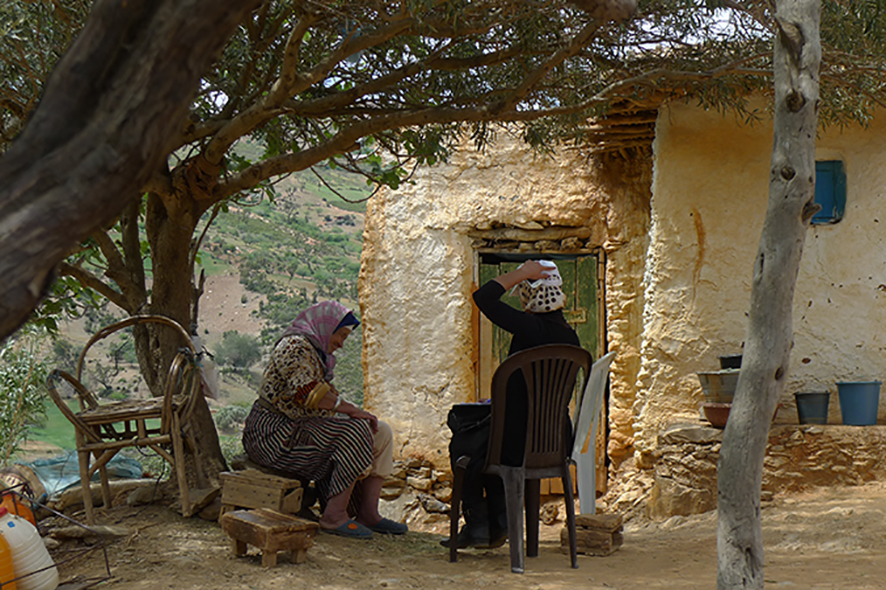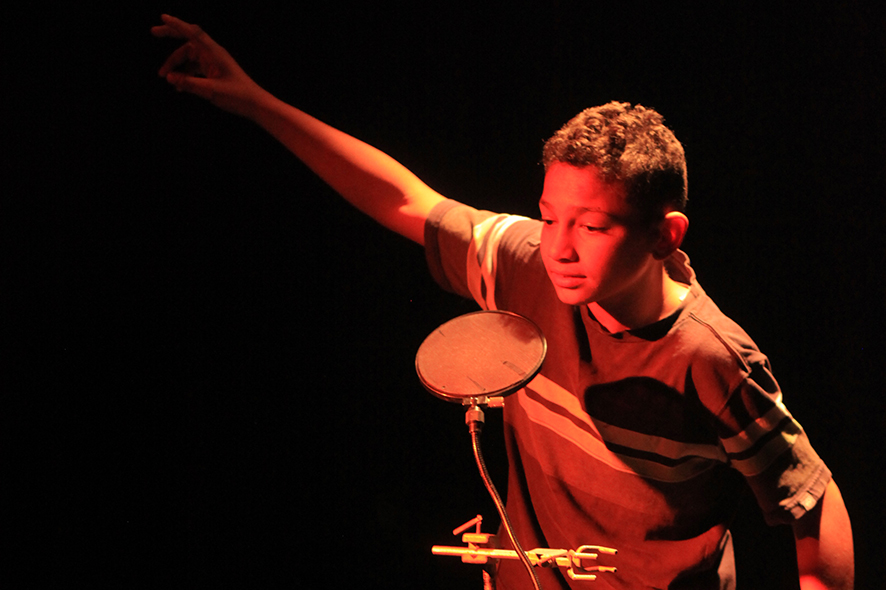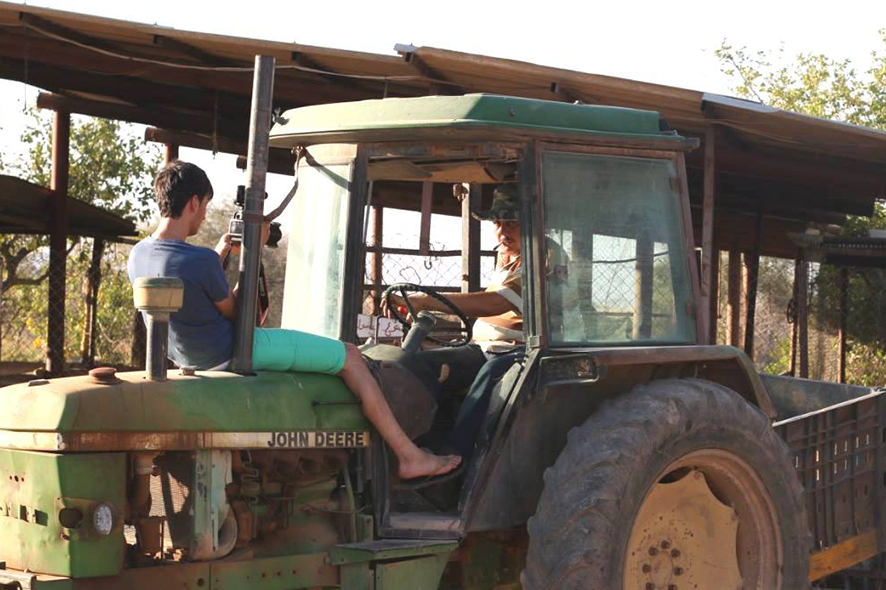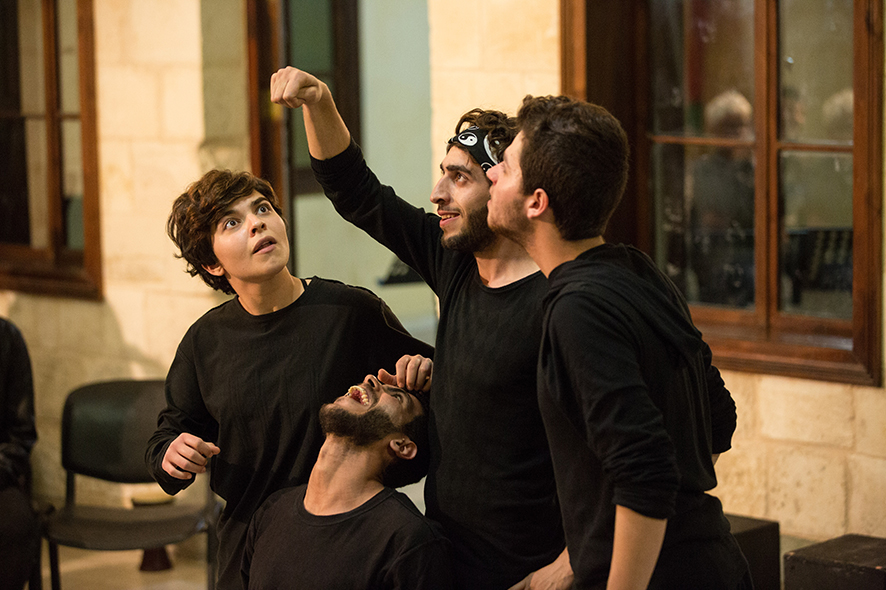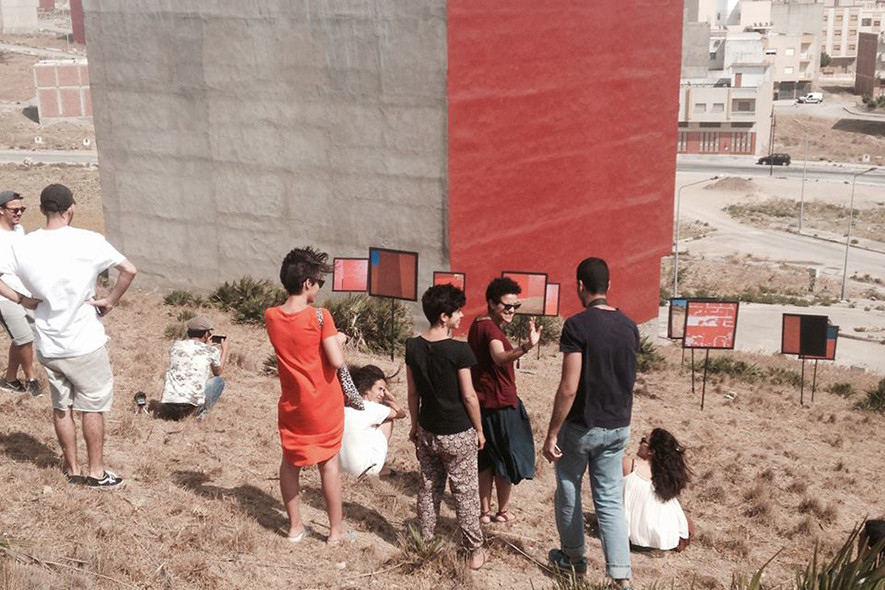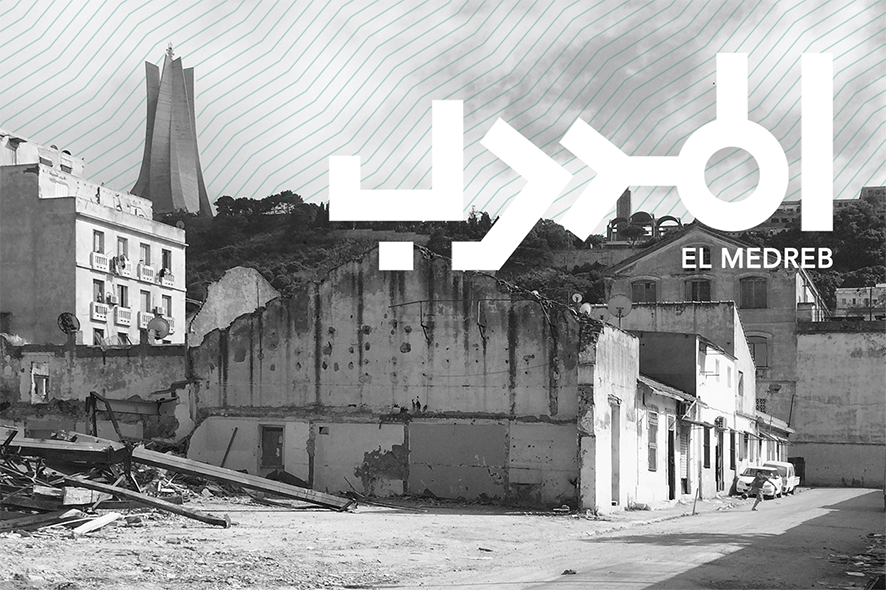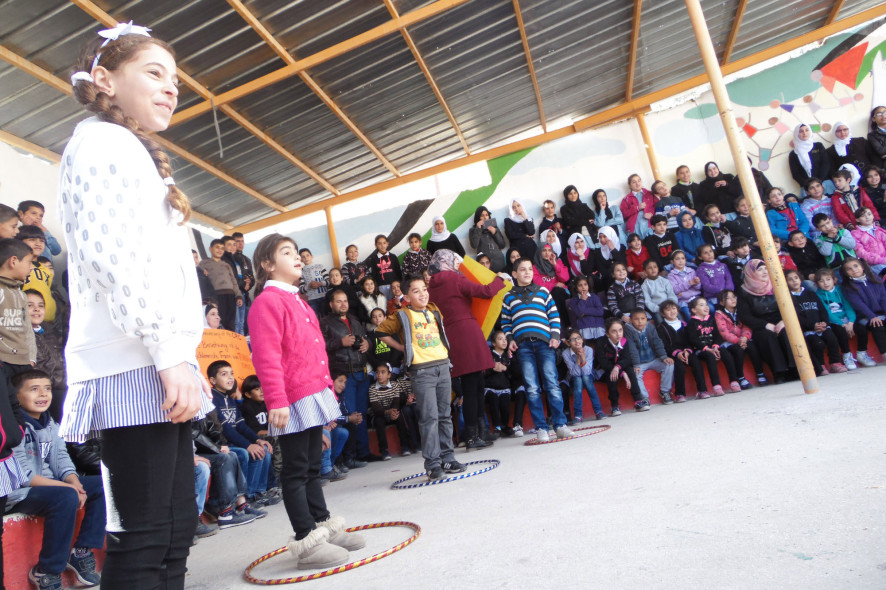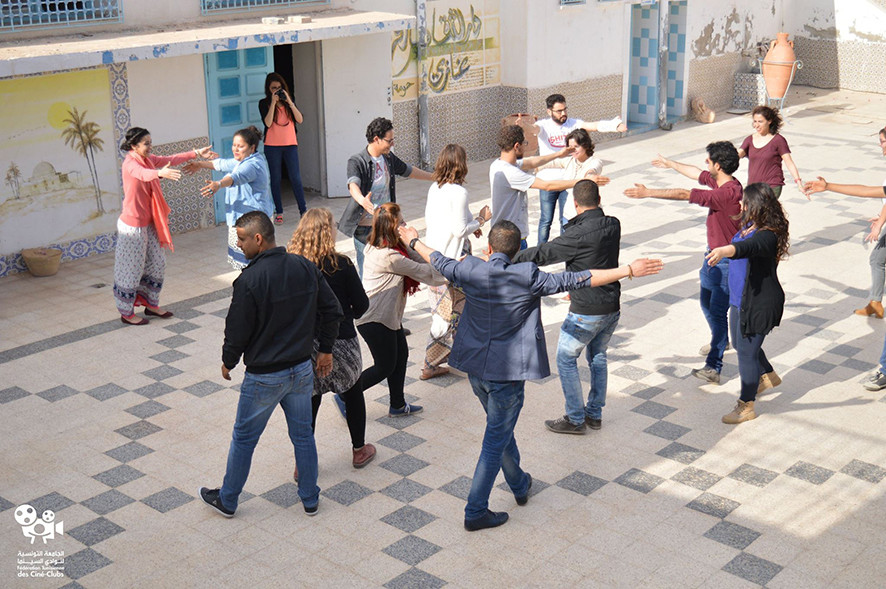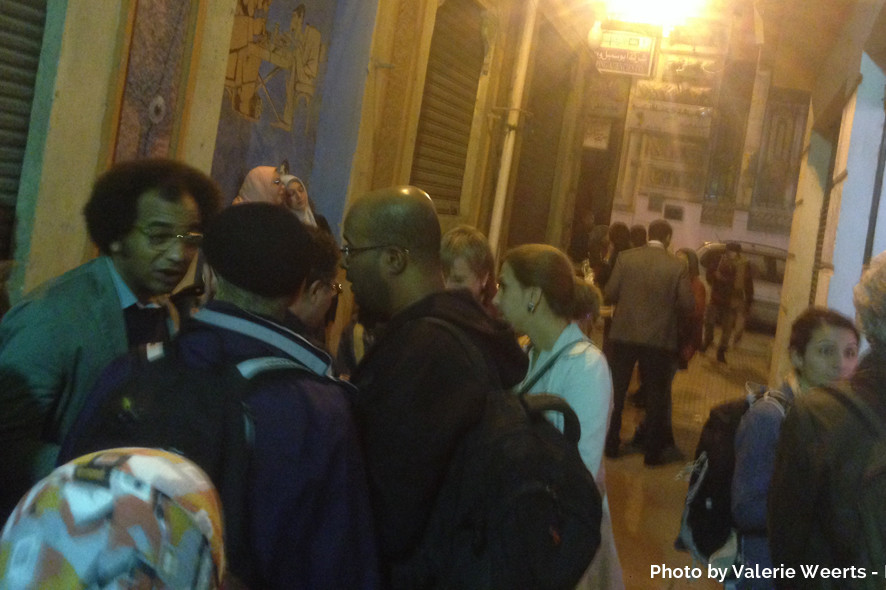1. 1 Eligibility of applicants
In order to be eligible, applications must comply with the following conditions:
- Applications must involve at least three partners: one of the partners shall act as main applicant and the other two as associated partners (e.g. non-profit organisations, local authorities and/or private actors). It is strongly recommended that applications include documentation proving a wide set of partners both from their country, and from other countries[1] in the Southern Mediterranean region[2].
- Main applicants must be non-profit organisations legally registered in the eligible countries, and active in the cultural sector in the Southern Mediterranean region.
- Main applicants must be directly responsible for the preparation and management of the project proposal with their partners, not acting as an intermediary.
- Main applicants must have a valid bank account registered under their legal name.
Other conditions:
- All applications must be submitted in English, being the official language of SouthMed CV. All documents submitted in Arabic must include a translation in English or French.
- All applications must specify in the Budget form submitted as part of the application that 15% of the grant is for mobility, capacity building and/or networking activities, including the attendance of minimum two representatives of each granted project in training and peer-to-peer activities coordinated by SouthMed CV throughout the project implementation.
- All applications must have an external audit assigned to the project proposal and forecasted as a maximum of 5% of the total budget. However, the costs for the external audit cannot be less than 1.000€.
- The participation of non-registered organisations as partners, with the exclusion of the main applicant, may be accepted in duly justified cases and insofar their existence can be proven (e.g. cultural and artistic groups or platforms of professionals having carried out activities).
- Profit-making entities are not eligible as the main applicant organisation under this call for proposals.
- Links with international and Euro-Mediterranean networks will be considered as a positive factor insofar they are an added value for the implementation of the project in the Southern Mediterranean region.
1.2 Eligibility of projects
Duration
The project shall take place between 1 February 2017 and 31 January 2018.
The project duration should be a minimum of 9 months and a maximum of 12 months.
Type of eligible activities
Lot 1 Priority will be given to:
- Artistic and cultural projects implemented in the framework of local, national or regional educational programmes in a partnership between cultural organisations and educational institutions.
- Cultural and artistic projects fostering citizen participation and/or addressing issues of public interest, including awareness-raising activities on issues such as cultural diversity, social inclusion, gender or environmental issues, among others.
- Contemporary artworks [1] contributing to different ways of approaching the local environment and its context, and open to citizen participation.
- Other forms of collaboration involving cultural actors and other public or private organisations active in the public space, with an innovative approach (e.g. research, methodology, etc.) and a strong potential for social development (e.g. target groups, advocacy, etc.).
Lot 2 Priority will be given to:
- Projects contributing to the setting-up, improvement or dissemination of emerging and/or consolidated professional organizations in the cultural and artistic sectors.
- Projects contributing to the training of specialized trainers, facilitators, network-brokers or planners in the cultural sector.
- Projects involving awareness-raising activities on the role of culture in local, national or regional development, including public discussions, seminars, workshops and conferences.[2]
- Projects contributing to the setting-up or strengthening of creative industry platforms or resource centres (e.g. training schemes, incubators, etc.), and its impact on the social and economical sector.
- Projects linked to the design and implementation of new funding models for cultural and creative sectors (e.g. crowd-funding platforms, etc.), involving public or private funding bodies.
Lot 3 Priority will be given to:
- Artistic and cultural projects implemented in the framework of local, national or regional programmes in the educational, social or environmental sectors being implemented within a sustainable and innovative networking partnership between cultural organisations and other stakeholders throughout the Southern Mediterranean region
- Specific activities[3] developing long term and sustainable programmes including mobility in the region, peer to peer encounters of non profit cultural organisations with other stakeholders (public or private organisations active in the public space), and cooperation all throughout the project implementation within a partnership framework of at least three eligible Southern Mediterranean countries.
The following types of projects will not be eligible for funding:
- Events of religious or political character;
- Projects concerned with sponsorships;
- Projects concerned only or mainly with individual scholarships for studies, research or training courses;
- Operational costs of applicant organisations (only administrative costs related to the project implementation are eligible);
- Debts and obligations;
- Projects which consist exclusively or primarily in capital expenditure, such as infrastructure, land, equipment;
- Projects intended only to raise funds or promote the visibility of the applicant or its partner(s).
[1] Proposals submitted to Lot 3 must include legally registered organisations from at least three different eligible countries: main applicant, and at least three legally registered partners from two different eligible countries of the Southern Mediterranean region.
[2] The eligible countries are Algeria, Egypt, Jordan, Lebanon, Morocco, Palestine and Tunisia.
[3] Projects funded under this category may include any art form or cultural discipline (e.g. performing arts, visual arts, music, literature, heritage, new media, etc.), or several of them simultaneously.
[4] Ensuring the participation of communities or vulnerable groups in order to promote culture as a sustainability factor for social development.
[5] Involving creative and innovative methodologies and research across the Southern Mediterranean region such as the mapping of cultural organisations, surveys regarding mobility and cultural networks, best practices, etc.
Grants may amount up to 80% of total eligible costs. In duly and exceptional justified cases the contribution may amount up to 95% of total costs.
2.1 Eligible costs
Only “eligible costs” can be covered by a grant. The categories of eligible and non-eligible costs are indicated below.
Eligible costs are costs actually incurred by the beneficiary of a grant which meet the following criteria:
- They are incurred during the duration of the project;
- They are indicated in the estimated overall budget of the project;
- They are incurred in connection with the project which is the subject of the grant, and are necessary for its implementation;
- They are identifiable and verifiable, in particular being recorded in the accounting records of the beneficiary;
- They comply with the requirements of applicable tax and social legislation.
Eligible direct costs
The eligible direct costs are those which, with due regard for the conditions of eligibility set out above, are identifiable as specific costs directly linked to the implementation of the project, such as:
- Travel and subsistence expenses (for networking meetings, training and peer to peer activities, conferences, etc.) which can not exceed the EU standards[1];
- Staff costs related to the project implementation.
- Professional fees for experts involved directly in the implementation of the project;
- Costs of consumables and supplies, provided that they are identifiable and assigned to the project;
- Costs arising directly from requirements linked to the implementation of the project (dissemination of information, translations, documentation, printing and distribution of leaflets, etc.);
- Costs of rental of venues linked to the project;
- Costs for the external audit.
Eligible indirect costs
The eligible indirect costs are related to the functioning and general activities of the grant beneficiaries: they cannot be attributed entirely to the implementation of the project, but are still partially generated by it (e.g. costs connected with infrastructure, legal advice, documentation, IT, office supplies, communications, etc.) [2]. These costs are to be funded on a flat rate basis not exceeding 7% of the project total budget.
2.2. Ineligible costs
The following costs are not eligible:
- Debts and debt service charges (interests);
- Provisions for losses or potential future liabilities;
- Purchases of land or buildings;
- Purchases of vehicles;
- Office rent, unless the applicant can demonstrate that additional and specific office rental is necessary for the project implementation;
- Currency exchange losses;
- Credits to third parties.
2.3. Co-financing
The co-financing may take the form of the applicant’s own resources (self-financing), the income generated by the project, and financial or in-kind contributions from third parties.
The main applicant, if awarded with a grant, must duly justify and declare all the expenses as well as the funding from SouthMed CV and the total co-funding in the final report. Regarding in-kind contributions, the main applicant, if awarded with a grant, must declare that these contributions meet the local market prices and provide the detail of unities, working hours and unit costs in the final financial report.
[1] http://ec.europa.eu/europeaid/sites/devco/files/perdiem-rate-20150318.pdf
[2] http://ec.europa.eu/europeaid/companion/document.do?nodeNumber=19.3.1.5
The SouthMed CV Project Steering Committee (PSC) will provide advice to grant beneficiaries on issues such as management, dissemination and networking, in order to ensure the correct implementation of the project.
The contracting party will sign a contract with the grant beneficiary that will include information of the activities to be carried out, the contract value, the modalities of payment and reporting.
Payment modalities: [1]
- a first instalment, equivalent to 40% of the approved grant, will be made in the four weeks following the signature of the contract;
- a second instalment, equivalent to 40% of the approved grant, will be made following the submission and approval by the contracting authority of the mid-term report;
- a final instalment, equivalent to 20% of the approved grant, will be made at the end of the project, following the effective completion of activities, submission of technical and financial documentation and completion of an external audit, and following written approval by the contracting party.
Instalments will be paid by bank transfer only to grant beneficiaries’ bank account (main applicant).
[1] This information is to be considered indicative; the payment conditions will be further specified in the contract with the beneficiaries of the projects.
The grant beneficiary will submit, by electronic form, a mid-term technical and financial report identifying the implementation of at least the first five months: description of the main activities, target groups reached, current and potential networking partners, attendance to capacity building and other training activities, and samples of communication and dissemination of the project as well as contacts with the EU delegations in the region. Audit report with an updated budget reporting the verifiable costs and the implementation period.
The grant beneficiary will submit, by electronic form, a final report within 45 days following the completion of the project. The final report should include:
- A technical report of no more than 5 pages, indicating:
- Impact of the project on target audiences,
- Main activities,
- Communication and dissemination activities at local, national and regional level, including contacts with the EU delegations,
- Main conclusions,
- Sustainability of the action, if applicable.
- A financial report, including the details of the project expenditures and financing, and the audit report (all original invoices shall be submitted and revised by the auditors).
- Annexes: documents that can support the technical report, such as publications, communication materials, videos, interviews, photos, lists of participants, etc.
The email address is: calltwo@smedcv.net
The grant beneficiary will upload any communication and dissemination material (Press releases, banners, posters, flyers, invitations, photos, videos etc…) on the SouthMed CV platform, throughout the implementation of the project.
Grant beneficiaries must acknowledge the EU contribution throughout the project implementation (e.g. press releases, publications, posters, programmes, audio-visual material, website and social media dissemination, etc.).
To this end, the contracting party will provide communication guidelines for the visual identity to the SouthMed CV grant beneficiaries. Please click here to download and read carefully the communication guidelines (KB 914).
The contracting party reserves the right to use, disclose, reproduce and distribute the content and outcome of the funded projects.
Applications must be submitted online using the application form.
The application form is online at the following link: www.smedcv.net/application-form
Deadline: Applications must be sent online no later than 24 October 2016, at 21:00 (GMT).
Submitted applications shall be written in English.
Any question related to the preparation of the application may be sent by e-mail until 7 October 2016[1] at the following link: http://www.smedcv.net/contact-us
[1] After this date a document with the frequent asked questions (FAQ) will be published on the website of SouthMed CV
On 19 December 2016[1], the results of the evaluation process will be notified via email to all the applicants, and will be published via the SouthMed CV information channels.
[1] This date is to be considered indicative

